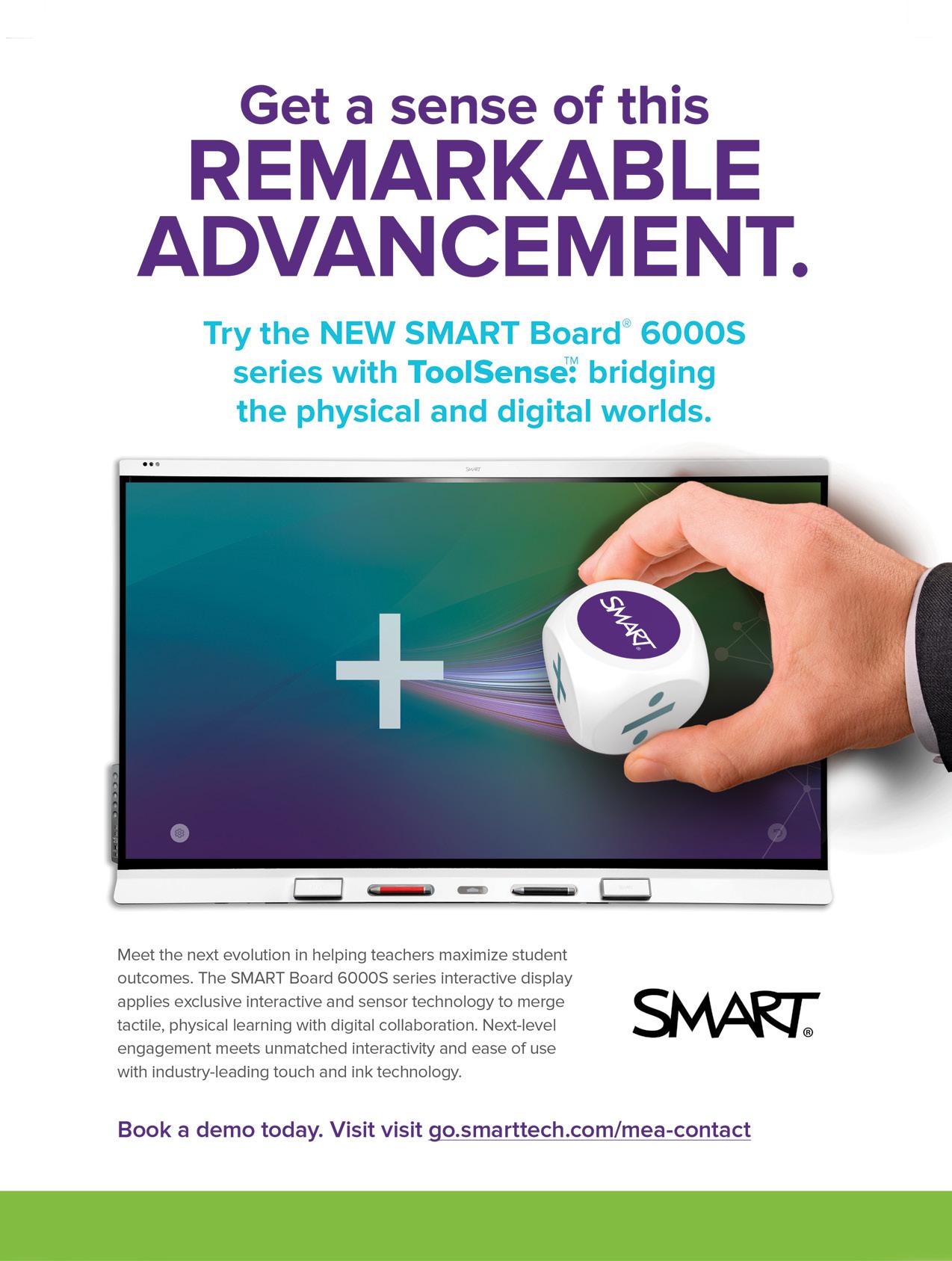










Head of Advisory Board
Dr. Manoj Varghese, Ph.D
Managing Editor
Sarath Shyam
Consultant Editors
Dr. John Andrews
Anuja Mulmule
Emma James
Andrew Scott
Amrin Ahmed
Naomi Wilson
Stanly Lui
Steve Hope
Sabrina Samson
Enquiry: admin@k12digest.com
Creative Consultants




Charlie Jameson
Jones Williams
Louis Bernard
Keith Alexander Ajay Das
Rohith Poojary
Shirley David
Branding & Marketing Partnerships
Jennifer Anderson
Monica Davis
Suchita Sethy
Aakash Sawkar
Jessica Edword
Rachel Roy
Rajshree Jamdade
Anna Elza
Stephen Donnell
Cathy Chen
Enquiry: admin@k12digest.com
Subscription
www.k12digest.com

International Representation


Americas
16192 Coastal Highway, Lewes, DE 19958, USA
Europe
27, Old Gloucester Street, London, WC1N 3AX, UK
Middle East & Africa
P.O. Box 48299, Dubai Silicon Oasis, Dubai, UAE
Asia-Pacific Ramanashree Arcade, 18 MG Road, Bangalore – 560001, India
K12 Digest is a digital magazine published by Connecta Innovation Private Limited. All rights reserved. The opinions expressed in the content and pictures provided are those of the authors. They do not purport to reflect the opinions or views of the Connecta Innovation Private Limited or any of its members and we do not assume any responsibility. The publisher does not assume any responsibility for the advertisements, its content, pictures, and all representation of warranties made in such advertisements are those of the advertisers and not of the publisher. K12 Digest is a Free Subscription digital magazine strictly not for sale and has to be strictly for internal private use only. Publisher does not assume any responsibility arising out of anyone printing copy of this digital magazine in any format and in any country and all matters related to that.
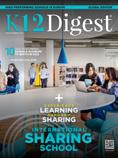
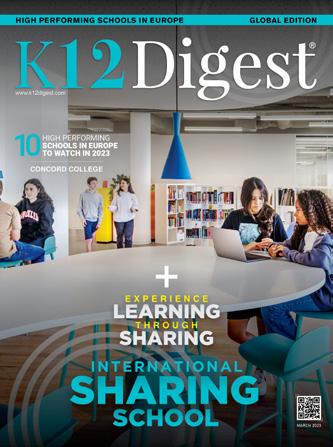

Europe has some of the best schools that can compete with any school worldwide. However, every European country has a different education system and curriculum that evolved over the centuries, based mainly on changing economic, cultural, social, and political conditions. For instance, Portugal’s primary schools, secondary schools, universities, kindergartens, and other educational institutions are of a high standard and offer families a variety of choices for schools and universities. Among them, International Sharing School (ISS), located in Lisbon, is the only international school in Portugal that takes students from 4 months old all the way up to 18 years old.
ISS has developed new ways of working and learning through a unique pedagogical framework, which vastly differs from any international school. It has a team of visionaries dedicated to providing a unique and unforgettable educational experience for the learning community: students, parents,
and teachers. In this issue, we feature ISS on the cover. We have also identified 10 High Performing Schools in Europe to Watch in 2023 to help parents to choose the best educational fit for their children. Another important school covered in this issue is Concord College, an award-winning independent international school based in Shropshire, England. The College is academically selective and adaptable to students’ backgrounds in the selection.
We have also included opinions and insights from experts like Alex Gray (Head of Science, Dubai British School), Carl Morris (Principal, Carfax College, Oxford, & Co-Founder of The Online School), Manuel Hernandez (Language Arts Teacher, Florida Department of Education), Max Hsu (Director & General Manager, ViewSonic) and Ryan J. Brown (Director of Music and Performing Arts, Victoria International School of Sharjah) to give our audience a holistic view of what’s happening in the global education sector. Enjoy Reading.
Sarath Shyam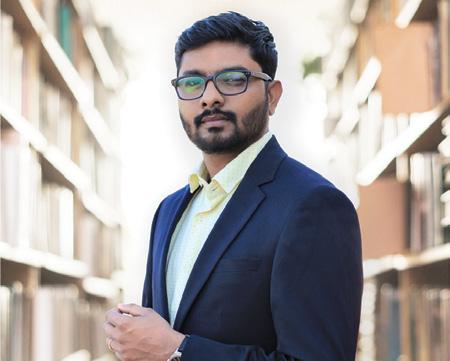
Former International School Principal, Former Group Project Director at a World Class Learning Group, Education Consultant - Wright Solutions, United Kingdom

Founder & CEO - Paths to Math Ltd, Former Mathematics Teacher and Principal, Global Teacher Prize Finalist, Finland
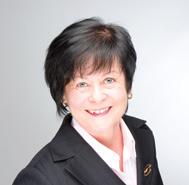
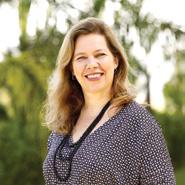
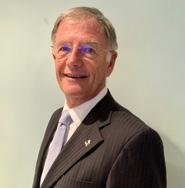
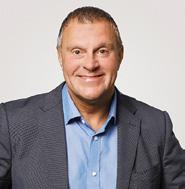
Principal, Rundle College, South Africa
Asst. Prof. Dr. Poonsri Vate-U-Lan
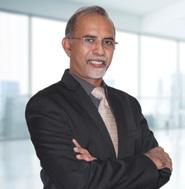
Chief Education Officer, New Nordic School, Finland
Exceptional Educator from Serbia, Founder of Association of the Best Teachers of the Former Yugoslavia, Founder of Magical Intercultural Friendship Network, Founder of Creative Magic - Children’s International Festival, Founder of Magic Village, Serbia
Assistant Professor in Education, Ph.D. Supervisor and Researcher, Thailand
Senior Educationist, Author, Keynote Speaker, Co-founderTríade Educacional, Brazil
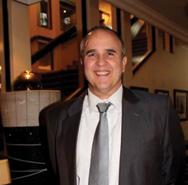
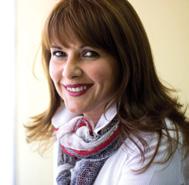
Palmans
Former Director School Administration & Business Operations (Large Education Group), Chief Operating Officer - BBD Education, Netherlands & UAE
Chief of Digital Learning and Development, Norwalk Public Schools, Connecticut, United States
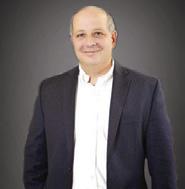
Senior Teacher‘Pashko Vasa’ school Shkodra, Exceptional Volunteer, Albania
English and Literature teacher, Owner of “The Smart Teens Studio of English” in Belgorod, Russia
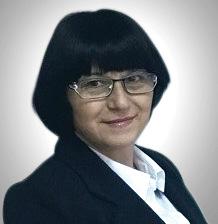
Former Program Director, MS in Management Program, GSATM - AU, Thailand & India
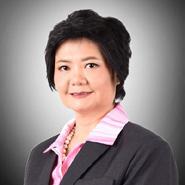
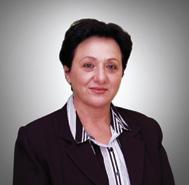
Founder & National President - ATAST, General director of IFEST² the international projects competition in Tunisia, General secretary of MILSET Africa, BRISECC member, Tunisia
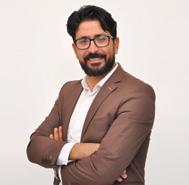
Global Teacher Prize Finalist 2019, 15 International Awards on STEM, STEM Instructor, Educator, Neuroscience Researcher, Trainer & Author, Greece
Dr. Venus M. Alboruto Kihyun Park
Master Teacher, Researcher, Innovator, Trainer, Philippines
Deputy Head and Dean of Faculty, Dalton Academy, Beijing, China
Shady Elkassas
Director of Innovation
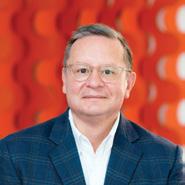
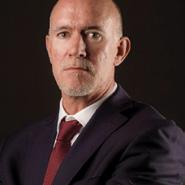
Al Ittihad National Private School-Al Ain, United Arab Emirates
Former Vice President Security (Large Education Group), Former British Army Officer (Airborne Forces), Senior Advisor – Resilience and Crisis Management (Emerald Solutions Group), United Kingdom & UAE
Innovative English and ICT Teacher, Author, Japan
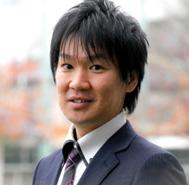
Innovative Educator of Online Classroom, Pungsaeng Middle School, South Korea
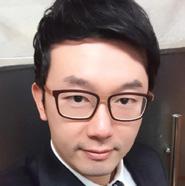
Master Teacher, Speaker and Researcher, Philippines
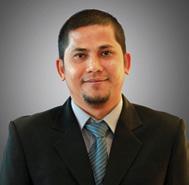
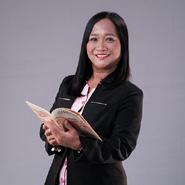
Revolutionary English Educator, Globally Connected English Studio - Hanoi, Vietnam
EdTech Specialist, Speaker and Teacher Trainer, Innovative ICT Educator, ICT learning multimedia developer, Indonesia
Distinguished Senior EFL Teacher, ISA Coordinator with the British Council, Motivational Speaker, Tunisia
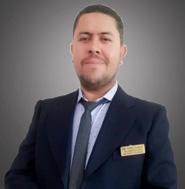
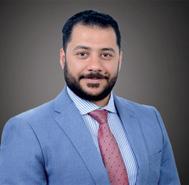
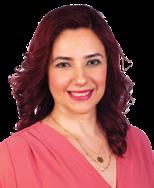
Juan Manuel Pico Co-founder & Managing Partner, Education Soul, Colombia
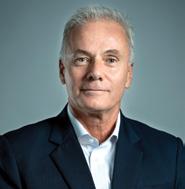
Mr. Ngô Thành Nam
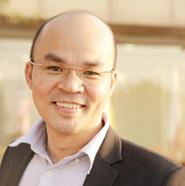
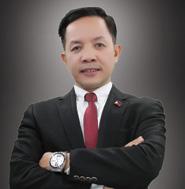
Technology Academy Manager, Microsoft Learning Consultant, Global Trainer, Vietnam
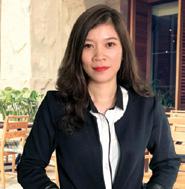
Dr. Manoj Varghese, Ph.D
Senior Director – Global Partnerships, Advisory & Consulting – Connecta® | Head of Advisory Board – Higher Education Digest® & K12 Digest® | Adjunct Faculty –Assumption University | Former CIO – Athena Education | Former Global Director Technology – GEMS Education
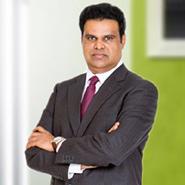

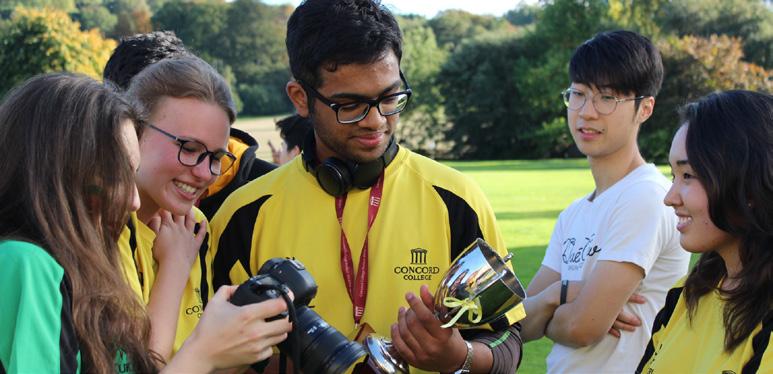

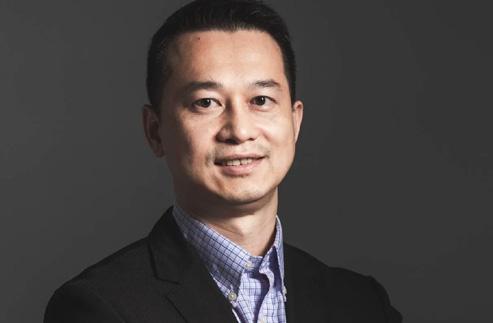
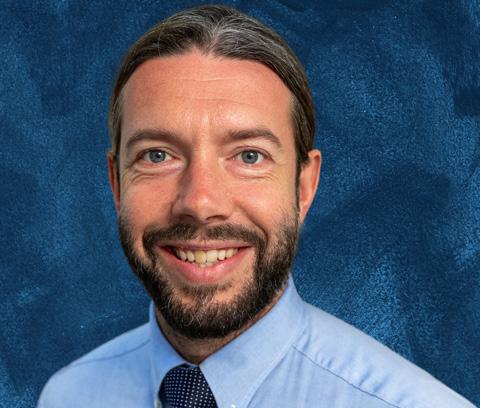
ACADEMIC VIEWS
44
ART=SCIENCE: REALISING THE VALUE OF THE ART-SCIENCE POLYMATH
Ryan J. Brown, Director of Music and Performing Arts, Victoria International School of Sharjah
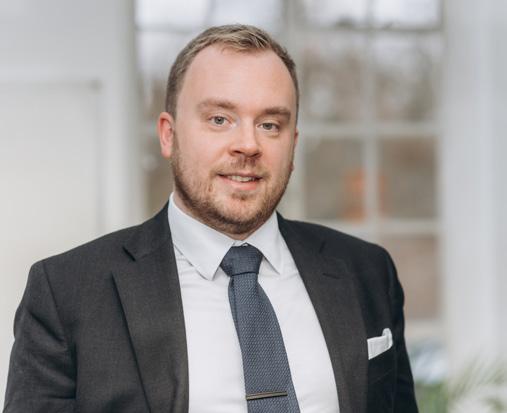

56
EDUCATING GENERATION ALPHA
Carl Morris, Principal, Carfax College, Oxford, & Co-Founder of The Online School
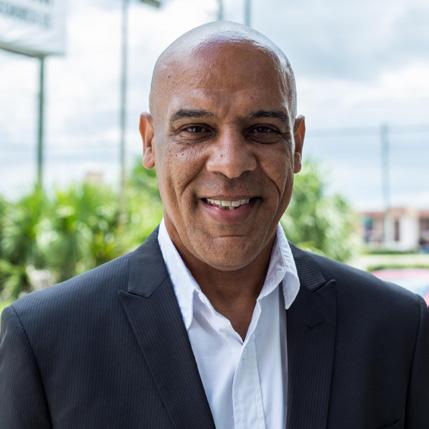
60
THE EDUCATION OF SECOND LANGUAGE LEARNERS: A SYSTEM IN PLAUSIBLE DENIABILITY
Manuel Hernandez, Language Arts Teacher at Florida Department of Education
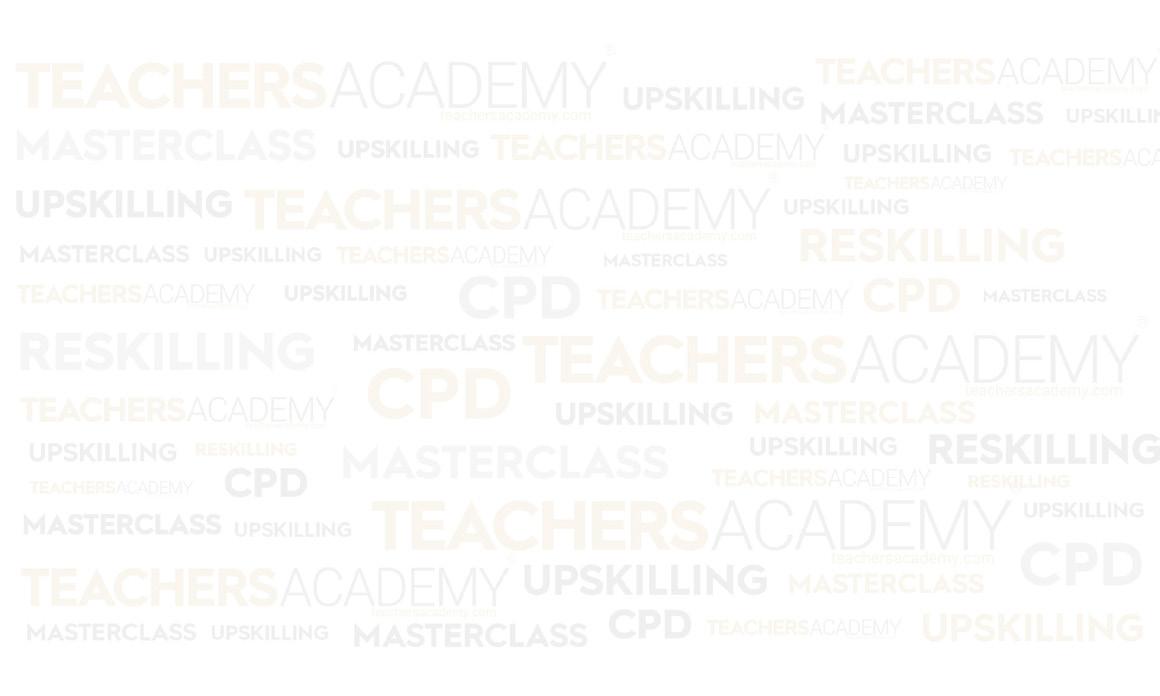
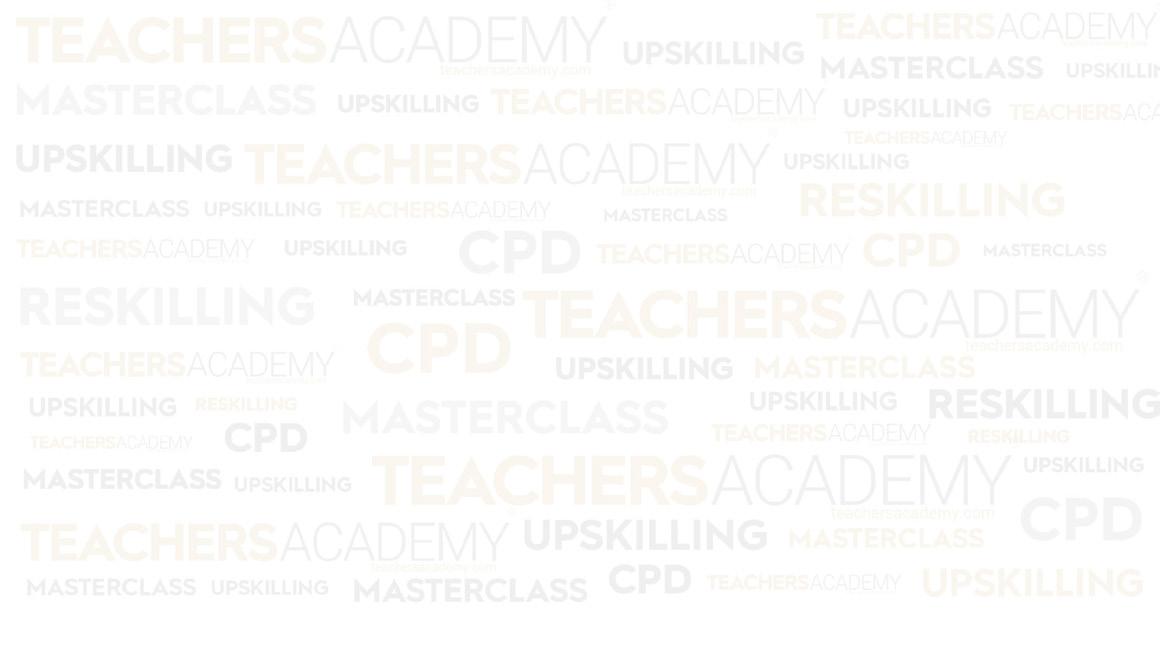

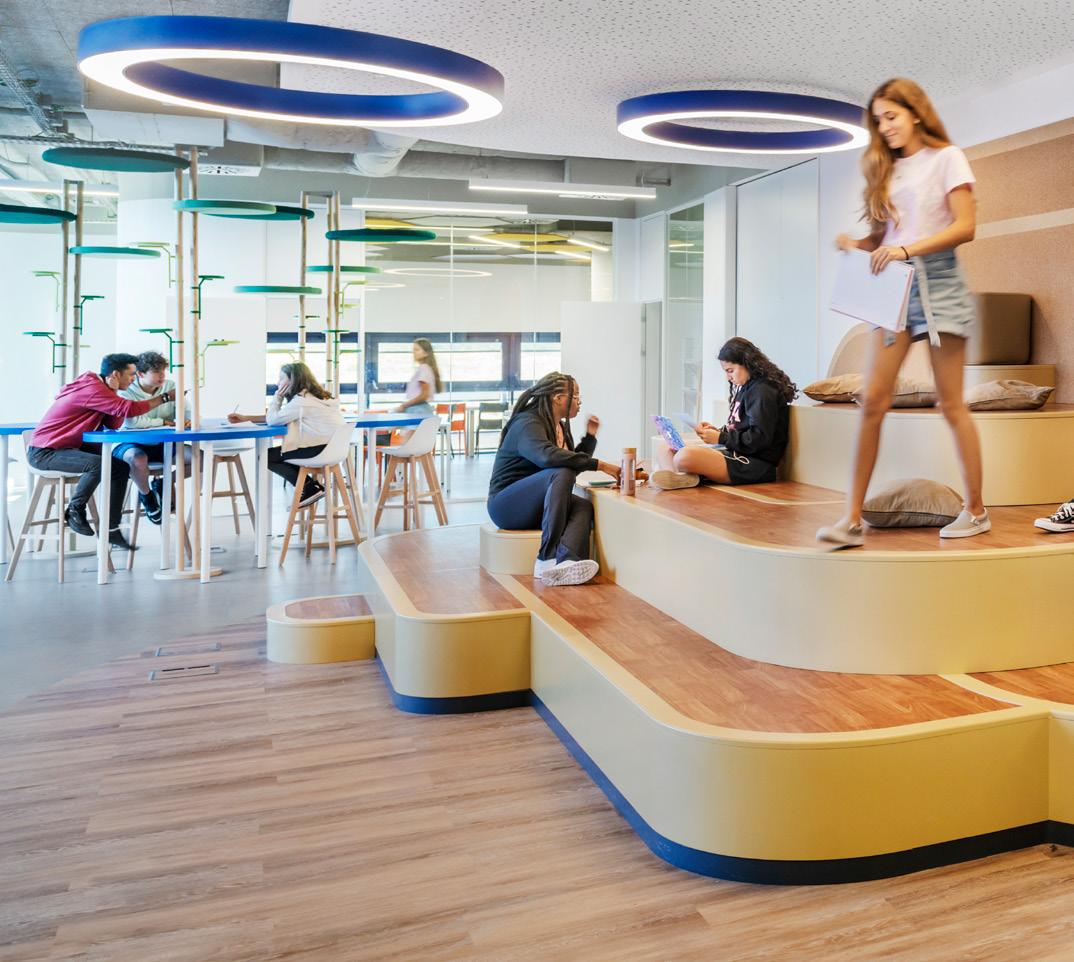
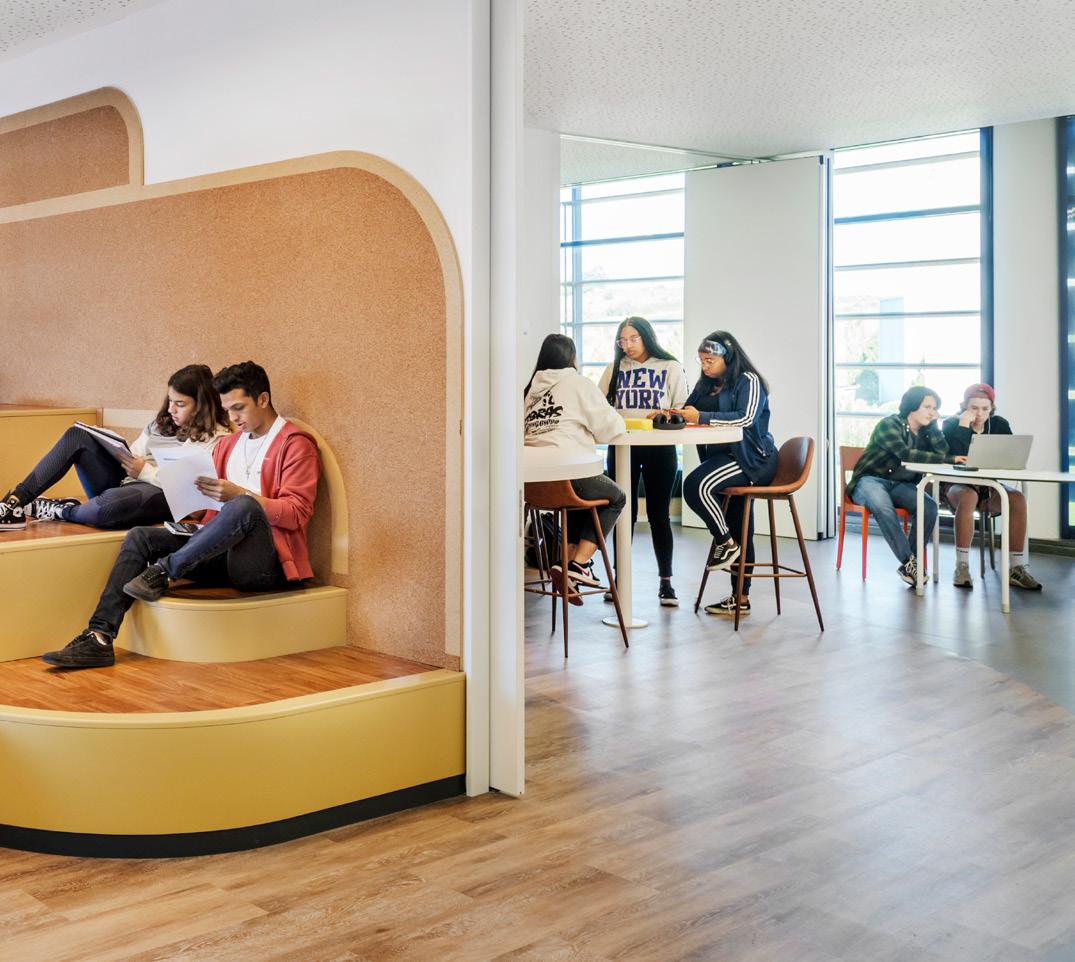
Portugal has over 50 international schools across its seven major cities. Among them, International Sharing School (ISS), located in Lisbon, is the only international school in Portugal that takes students from 4 months old all the way up to 18 years old. Miguel Ladeira Santos, CEO of ISS, says, “We start with classes of 8 students with one teacher and one teaching assistant and go up to a class of 20 students. Besides an academic team of over 120 teachers, we also have a team focused on Pastoral Care and Special Education Needs to help students who need special emotional or cognitive support.”
ISS is a family-owned and managed institution whose history started 17 years ago with an acquisition of a British school by a former university professor and his wife. The institution’s management was passed onto the couple’s children, who manage ISS and are focused on developing a truly internationalminded curriculum and new pedagogical frameworks. As an accredited International Baccalaureate Continuum World School, ISS students follow an academically challenging, rewarding, flexible, and student-led curriculum.
“We focus on developing intercultural understanding and mutual respect. Besides the valuable academic preparation, the IB curriculum allows us to go above and beyond in promoting the soft skills needed to face an increasingly globalized world,” states Mr. Santos. Students who graduate from ISS are equipped with a qualification recognized and highly valued by the best universities around the world, as well as the personal and social skills to be leaders. Mr. Santos adds, “Our
motto is Learning Through Sharing, which really says a lot about us and how we work.”
ISS has developed new ways of working and learning through a unique pedagogical framework, which vastly differs from any international school. Mr. Santos states, “We have a team of visionaries dedicated to providing a unique and unforgettable
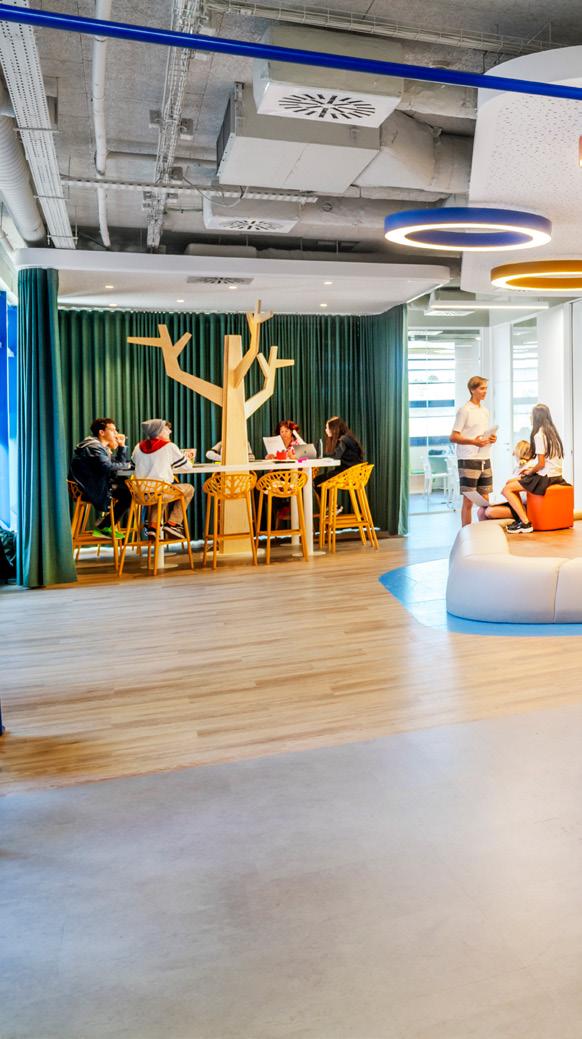
educational experience for the learning community: students, parents, and teachers.” The school’s facilities have been redesigned to create a learning environment that motivates the students to have fun while learning and keeps the community engaged in all activities, ensuring that all academic targets are hit throughout the 3 IB programs.
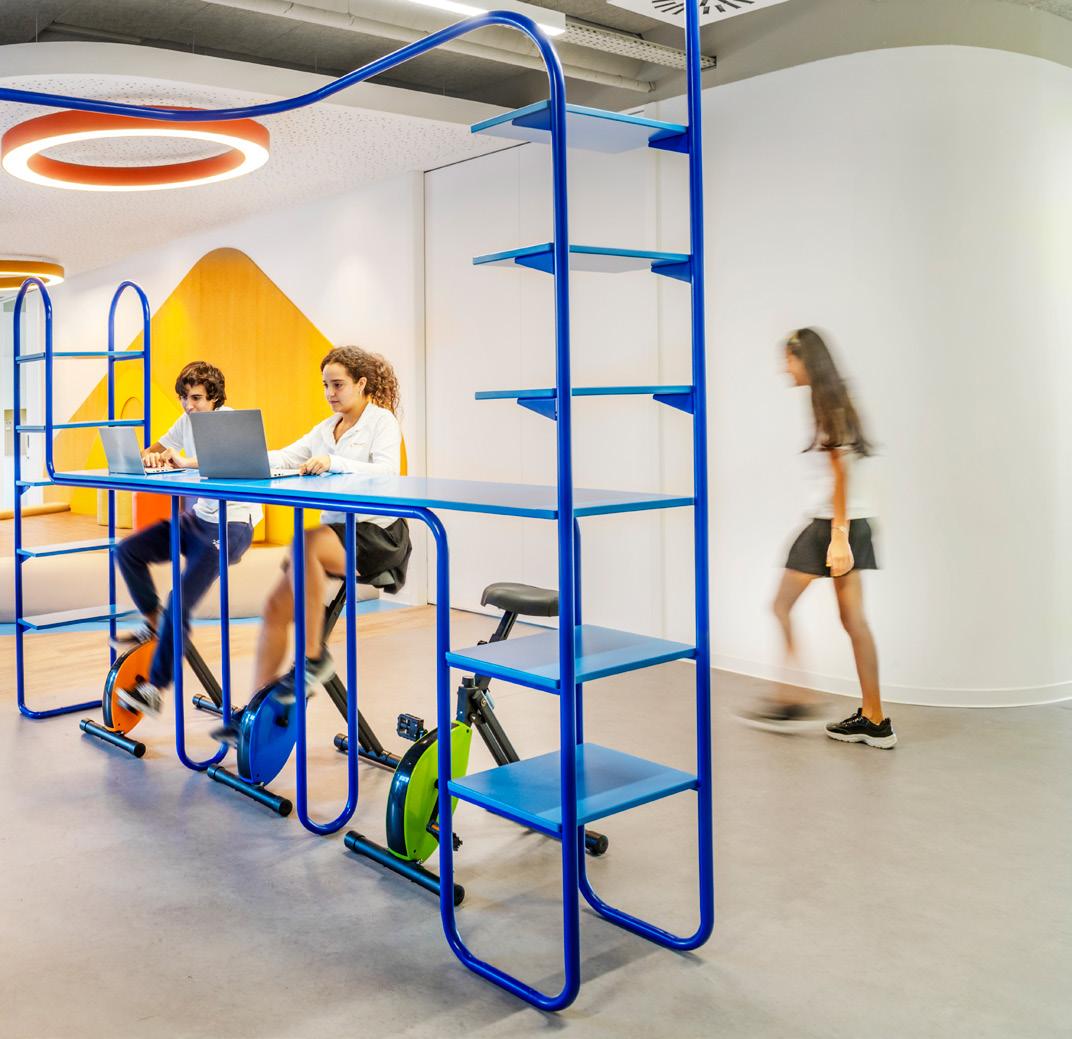
The IB curriculum delivery has been developed bearing in mind the 3 core values of
ISS has a growing international community with over 60 different nationalities, giving students the opportunity of having an international education in a caring, multicultural, and familiar environment
Miguel Ladeira Santos is the CEO of the International Sharing Schools group; he is an enthusiastic young leader and an entrepreneur, with a passion for innovative working solutions and follows a high-end customer service culture. With a background in Luxury Hospitality Management and Corporate Finance, Miguel has been running the
International Sharing School in Oeiras since the beginning of the project. He is the driver of innovation within the organization. The young entrepreneur is also involved in real-estate projects, also working in the private equity sector. Miguel also invests in and manages other ventures in the fields of sports, luxury lifestyle media, and hospitality.
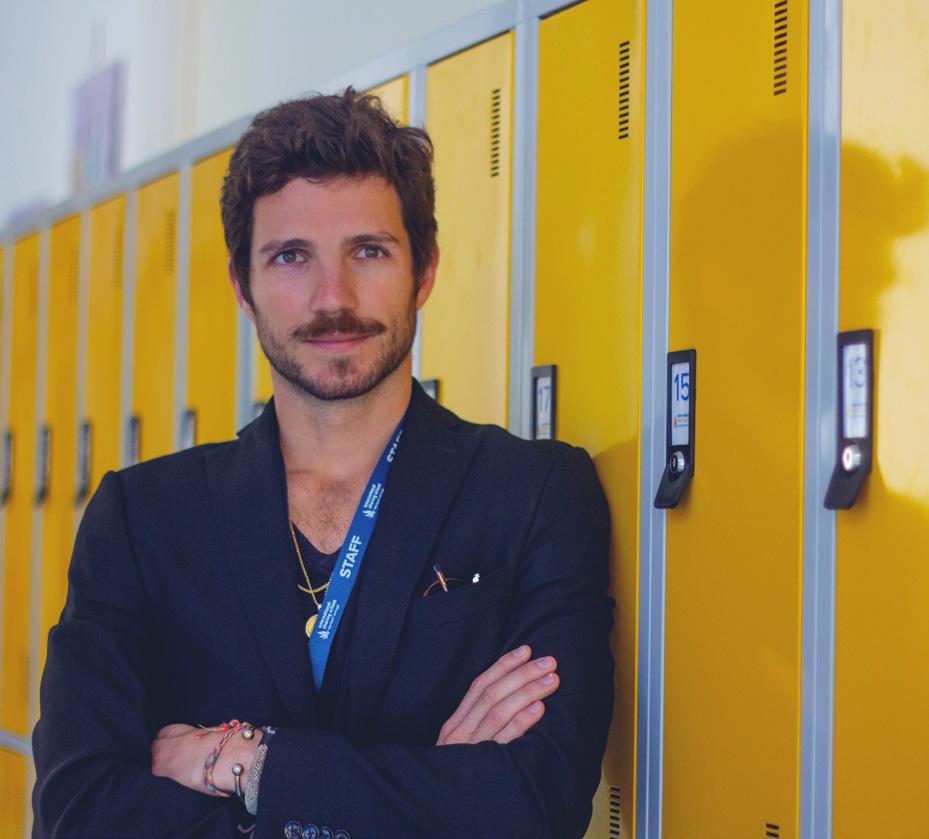
the school: Multiculture, Care, and Hospitality. Mr. Santos shares, “We believe in learning through sharing, growing together, creating together, and succeeding together. We share our values, knowledge, feelings, cultures, experiences, and time.”
ISS parents are encouraged to participate in the student’s day-to-day life. The school leadership communicates weekly with parents updating them on the work done throughout the week, as do the tutors from each group. Mr. Santos says, “We believe active and effective communication solves 80% of the community’s concerns. We also have a PTG (Parents & Teachers Group), who are active members of our community who wishes to be more involved with the day-to-day of the school.”
The PTG helps diffuse information using the appropriate channels and ensures that new parents are properly welcome and acquainted with the school’s routines and procedures. It also provides significant help in the setup and organization of school events. Something that really sets ISS apart from other international schools is the openness to welcome parents into their facilities at any time and day and the availability of the Academic Leadership Team and Board of Administration to meet with any parents who wish to do so, always taking their feedback in consideration and defining and presenting strategies to improve where and if needed.
The facilities at ISS are unique, as they are part of the tools used to efficiently deliver academic programs. The school’s working and learning
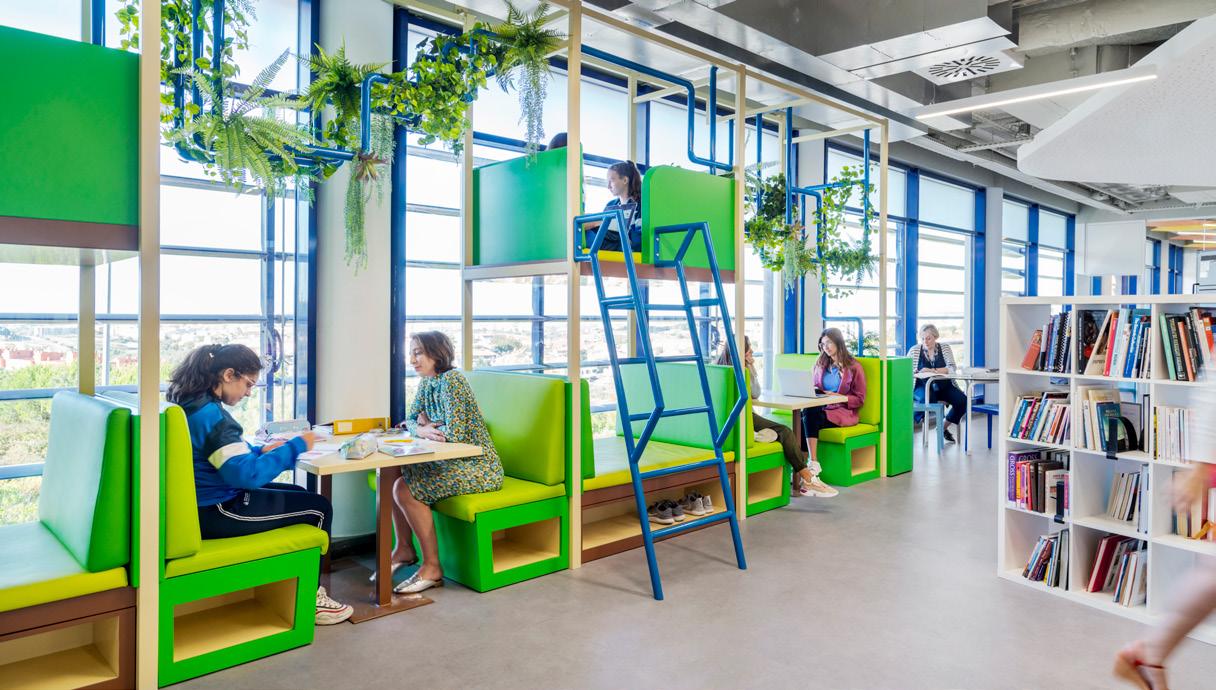
spaces have been redesigned by Rosan Bosch to match the vision and values of the institution. The school’s motto of learning through sharing is clearly visible in the design concept for enhanced collaboration, human development, and motivation. The shared spaces of the school connect the learning environment and invite the learners to meet, co-create and communicate. Breakout spaces support handson learning, while the concentration zones enable focused individual work. Shapes, tactility, and colors spread across the institute help activate the senses and imagination, making the school one big playground for differentiated learning.
Mr. Santos states, “The sharing spirit of the school forces the community to work in shared spaces, creating hubs for individual working, the group working, lounging and relaxed working areas, formal lecture-style learning areas, and many small focus pods spread out around the school.” ISS believes embracing the different preferences on working styles of each student enhances the quality of the work they develop, and giving students a comfortable and
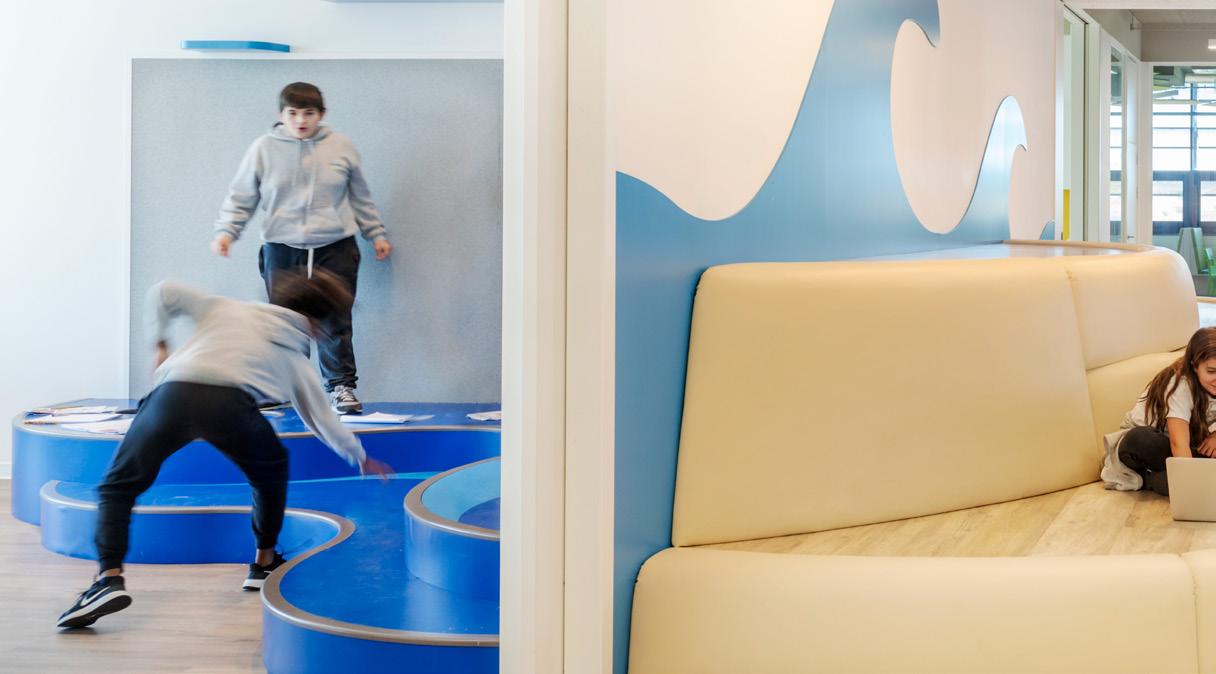
ISS Performing Arts Academy provides a non-judgemental and supportive environment where everyone will celebrate each other’s accomplishments and support when things don’t go as planned
exciting working environment improves their overall happiness and well-being. ISS students and staff are characterized as happy and motivated members of a learning community, and their facilities play a prominent role. More than having a student-based curriculum, ISS has a student-based school organically designed for its students and teachers.
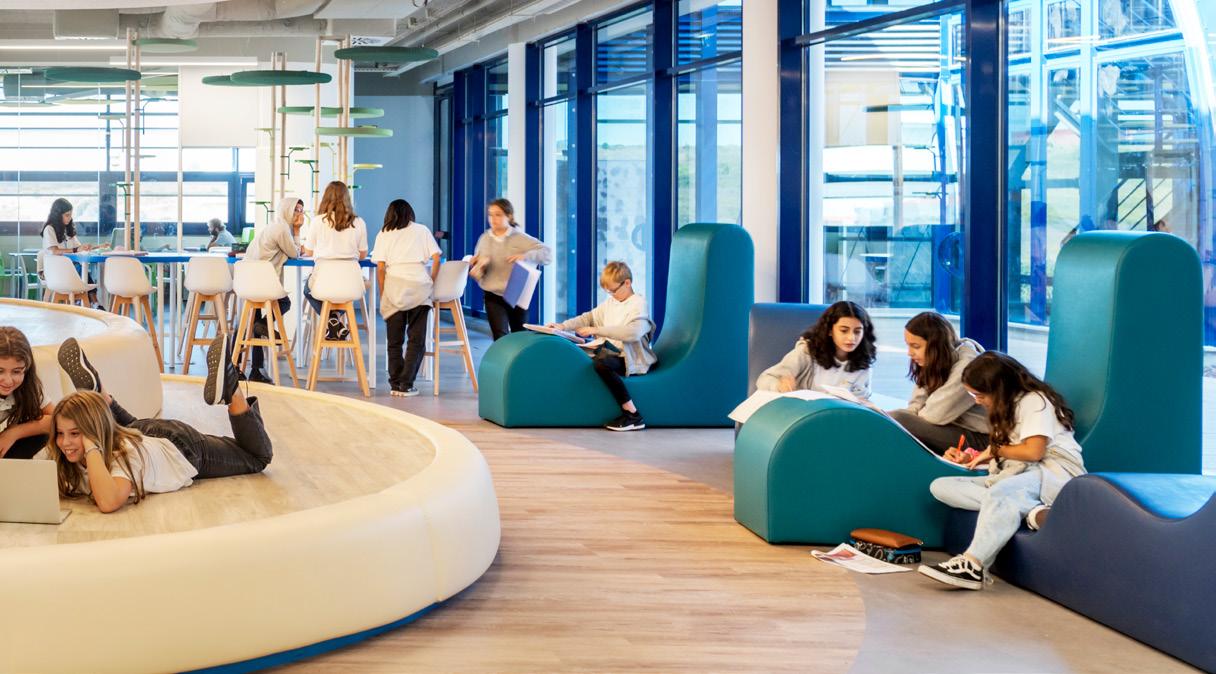
Miguel says, “last year was the first year ISS had an IB Diploma Program Graduating class. Our students outperformed the average IB schools around the World, scoring above average. Most importantly, with the help and support of our team, we achieve a perfect 100% passing rate in our DP Graduating Class.” ISS has an in-house Careers Counsellor who guides the students through their career choices, university selection, and applications. All their students who wished to proceed to higher education did so successfully.
ISS teachers are IB-trained teachers with an average of 9 years of teaching experience with the IB curriculum. Despite this, ISS provides endless professional development opportunities for all teaching staff. Miguel says, “the leadership team is always excited to collect feedback from teachers and teaching assistants. They are encouraged and empowered to be proactive in developing opportunities to grow within the school, challenging team members to take on new roles and responsibilities.” There are plenty of leadership opportunities at ISS, and they always prioritize investing in their team members for these roles rather than looking abroad or outsourcing.
ISS has developed their enhanced learning categories that derivate from each one of its core values, and one of them is creation and experimentation. This allows students to use
their creativity in hands-on experiences for problem-solving, developing crucial skills in effective leadership, time and resource management, and mind mapping. “Students starting from 5 years-old have coding and robotics as part of the curriculum connected to math, starting from our Lego Academy for the younger age groups and going all the way to Game Design and Development for the older students,” Miguel adds.
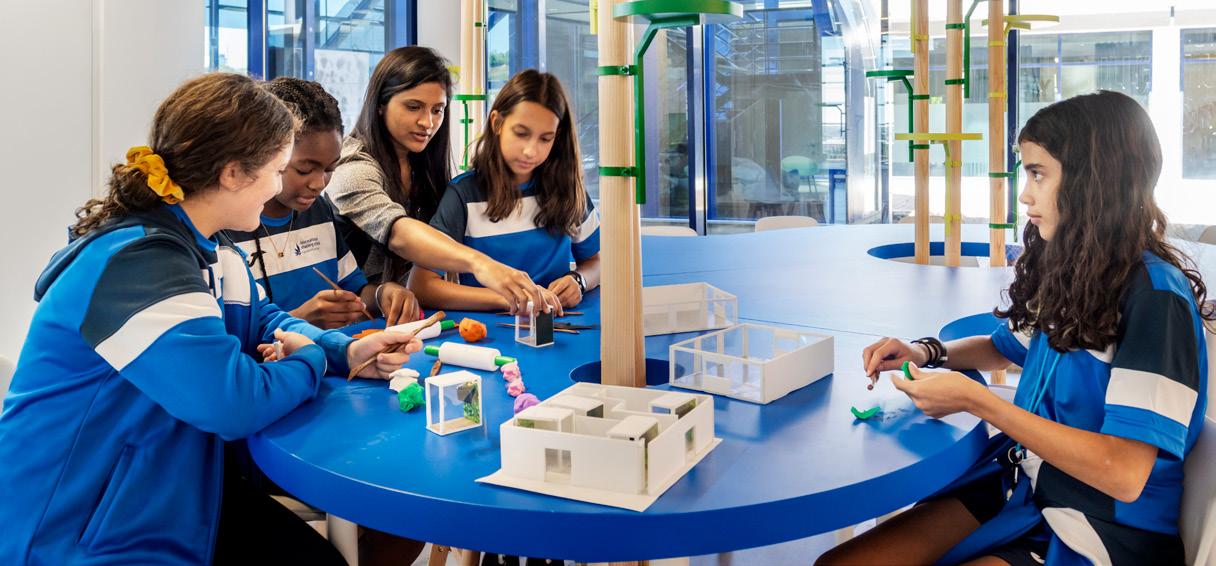
ISS is an accredited IB Continuum World School and is also certified to deliver the IGCSEs and A-Levels by Pearson Edexcel.
ISS is a Polygon Education Certified Center that trains teachers from other international schools to deliver the Singapore Maths Curriculum. ISS is also a LEGO Academy and accredited to teach the Rock School programs in their Performing Arts Academy. They were also selected as one of the 10 Must Watch International Schools in Europe in 2022 by K12 Digest and as Learning Community of the Year by the Prestige Awards.
ISS has had many happy and proud moments to look back to, such as students winning mathematics competitions with academic elite international schools, students receiving awards from the United Nations, winning Basketball and Volleyball tournaments, performing their musical creations to large crowds, and exhibiting their artworks in professional art gallery settings. Mr. Santos says, “Achieving accreditation from the IB for all 3 programs in such a short period of time is a happy achievement, which shows the quality of the work they produce at ISS.”
ISS students have been participating in the Model United Nations conferences, actively defending their principles. They are also very proud to have achieved a perfect 100% passing rate for their IB DP Graduating Students.
The pandemic accelerated the revolution ISS was already creating in developing innovative academic programs, differentiated learning, and working spaces. Mr. Santos shares, “Curriculums and working environments
have been adapted to provide more flexibility in the student’s learning process. The educational experience we provide also follows a holistic approach that incorporates a substantial focus on one of our core values – Care – developing a personalised approach to both struggling students and high acheivers.” For the ISS community, care means caring for themselves, for others, and for the planet.
ISS’s plan for the future is to continue growing the community, increasing resources to further develop its programs, and SHARE their experiences, knowledge, and best practices with all the learning communities around the world, whether they follow local or international curriculums. “We believe in Sharing for a brighter future and as lifelong learners, always learning through sharing,” Miguel concludes.
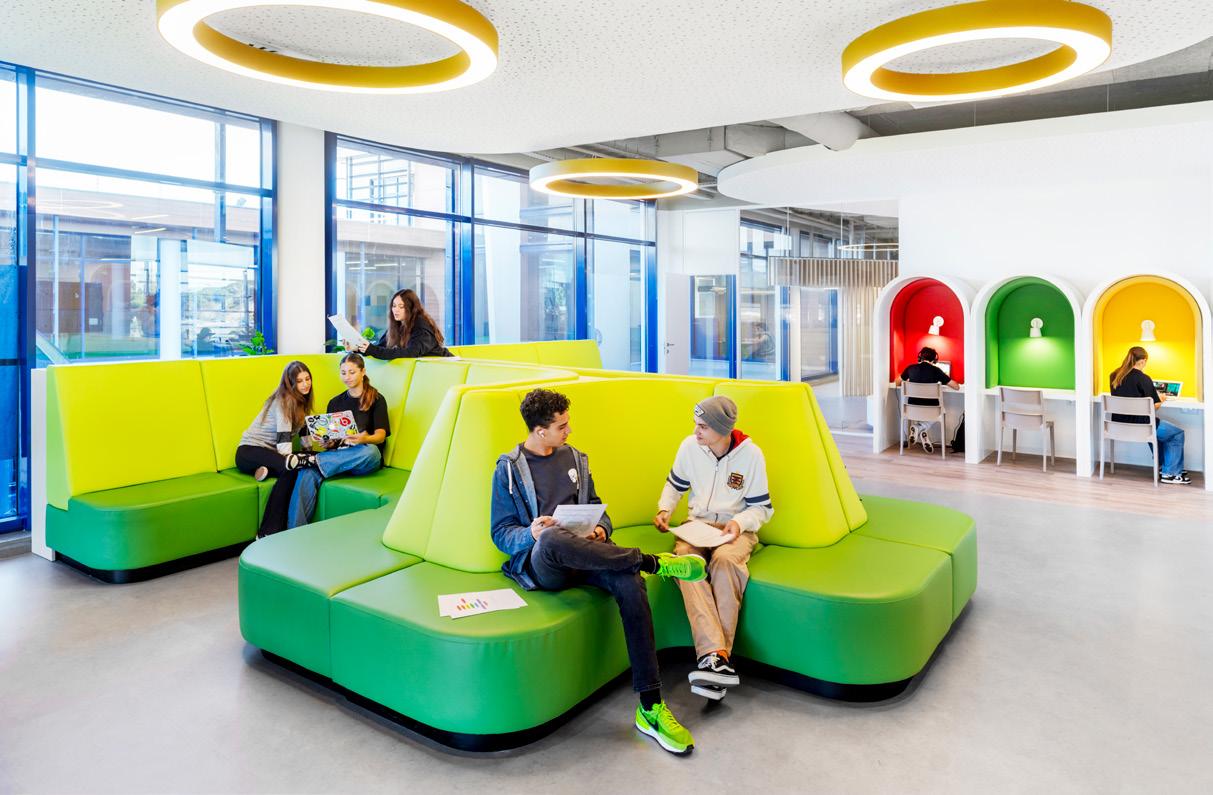
ISS strives to create a positive environment that promotes a significant and grateful experience in different areas, such as arts, music, maths, science, and sports
Learning has gone online today. As the GM, how do you help ViewSonic to adjust to the new post-pandemic era? ViewSonic has been planning & investing in EdTech way before the pandemic. Yet during the pandemic, we had to push the process to be faster in providing the right solutions to the education community.
And we haven’t slowed down post the pandemic, we are still investing and innovating new solutions and technologies to help schools, universities, and educators to step to the next level with the right platform and tools. Such as UNIVERSE by ViewSonic, which we launched recently as the first metaverse platform for education, and the response from partners
The concept of “Developing” is the process of coming into existence or creating something new or more advanced, and the development process needs: (ideas, tools and knowledge)
Based in Dubai, UAE, Max Hsu is the regional director for ViewSonic Operations in the Middle East and Africa since 2018. In 2001 Max started his career in the electronics field by joining Delta Electronics, and in 2002 Max joined BenQ Corporation as PM and was then promoted to Director for business development in India until 2010. Since then, during his time at BenQ Max managed 25+ cross-functional teams and developed projects for 20+ products that required competencies in strategic thinking and interpersonal communication. His journey continued by joining ViewSonic International Corporation Taipei office as Director for Product Marketing in 2014, and since then Max was promoted to Sales Director for MEA & India, then director for Business line where he developed new countries business, achieving an average of 30% growth in different markets. In 2018 Max was appointed Reginal Director for the MEA region and since then Max and his team are achieving yearly growth and developing new country’s businesses across the region.
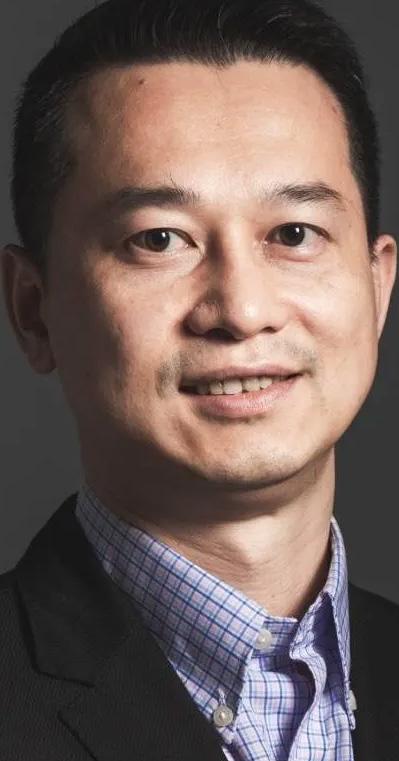
and users where remarkable. And to deliver this solution to the market, we are bringing skilled EdTech specialists to support sales and users in adapting the new technology inside their facilities.
Share some knowledge of how teachers can saddle innovation to further develop the educational experience.
The concept of “Developing” is the process of coming into existence or creating something new or more advanced, and the development process needs: (ideas, tools and knowledge).
As we develop the technologies and tools, we place them between teachers’ hands, and
in this case, teachers will be facilitators to improve and develop the education process inside classrooms, as we call it “ Prepare, Present & participate”.
Today’s students are different; they were born at the peak of technology, so the classroom, learning styles, and teaching methods must be different.
myViewBoard provides ready-made interactive gamification content from K 12, which meets 21st-century skills and students’ needs.
So, educators can develop the educational experience by using the visual learning style which is more efficient than the auditory style as per many new market studies.
Traditionally, classrooms have been relatively isolated, and collaboration has been limited to other students in the same classroom or building.
Today, technology enables forms of communication and collaboration undreamt of the past
As a person who has been in the field of technology for a long time, what changes do you see today? Do you think they have changed for the better?
Absolutely, EdTech is revolutionizing the traditional classroom by integrating technology into routine learning activities. It helps teachers, students, and management to redesign the teaching environment and enhance the learning experience. Because of EdTech, learning has now become a 24*7 process where students have access to learning materials around the clock. The courses, certifications, and learning modules are drastically different from traditional methods due to EdTech. For example, educational institutions can streamline classrooms with the assistance of technology, making them more inclusive and student-friendly.
EdTech has made inclusive learning feasible by bridging the communication gap between teachers and students inside and outside the classroom.
Being a leader in the tech field, what insight do you have about the current state of technology in education?
Technology has impacted almost every aspect of today’s life, and education is no exception. Technology has profoundly changed education. For one, technology has greatly expanded access to education and simplified it. And nowadays EdTech is not a luxury but it’s a must to have in every school, university & training facility.
Such as myViewBoard provides massive amounts of tools & information (books, audio, images, videos) and all are available at one
fingertip. Access to learning opportunities today is unprecedented in scope thanks to technology. myViewBoard facilitates accessing the educational resources to teachers through the cloud integration, embedded browser, and the Originals (the ready-made content).
Opportunities for communication and collaboration have also been expanded by technology. Traditionally, classrooms have been relatively isolated, and collaboration has been limited to other students in the same classroom or building. Today, technology enables forms of communication and collaboration undreamt of the past.
Students can share what they are learning with students in other classrooms in other countries and this is a real case that happened with one of our university partners, where due to myViewBoard they started to implement common classes between Dubai & New York branches and holding classes in Dubai by professors in the USA to exchange knowledge and experience. So that’s the impact of ViewSonic EdTech solution in today’s education community.
ViewSonic’s Interactive Display for Education changed the learning environment forever. What is your opinion on the use of technology in the classroom?
Interactive displays by ViewSonic called “ViewBoard” and it comes with our own software “myViewBoard” support active learning through student engagement opportunities and create a more efficient classroom for teachers and administrators. Showing videos without ads can be enhanced to allow students to become involved in the learning process. By providing Pop Quiz and
polls, teachers facilitate active learning. Multi-touch capabilities let groups of students edit and experience onscreen content as a team and brainstorm. Students can experiment and demonstrate their results to the rest of the class and throw any content directly to the ViewBoard.
So due to this, we can see that the use of technology inside classrooms is positive and will lead to impressive results in the mid & long term of the new generations.
Adapting to new changes can be tough. What advice would you give educators in today’s tech-infused world?
True, adapting to new skills and quick changes is taught, especially after decades of getting used to the same system in educational institutions. That’s why at ViewSonic we have launched a series of activities to support teachers learning phase and adapting EdTech skills, such as:
Teachers Universe: a closed community group for educators, to discuss education topics and share EdTech skills through demo video, Live sessions, and educational videos.
ViewSonic PD program: we have launched the FREE personal development program, aiming to support educators to learn new EdTech skills through myViewBoard software by November 2022 we reached 8 million users worldwide.
The program is designed to have 3 levels, Graduate, Teacher & Trainer and once a teacher finishes the training they will get a certificate from our side to confirm their pass in this specific training.
I really advise teachers to enrol in this program, as they will get valuable information and training which will help them during their day-to-day work.
What do you think the education system needs for a better educational experience?
The education system has faced a lot of challenges. And they managed to overcome it with the help of technology, so we need to be aware that going back to the traditional way of teaching will be a step back. So the best thing education systems can do is to work alongside us to support in transferring the schools, equipment, teacher and IT teams to the new Technologies and tools, through training, live demo seasons and support system.
Keeping in mind that many education institutions and planning on updating their EdTech tools to the newest technologies which gives them a competitive advantage on many levels.
I am glad to say that ViewSonic is not trying to keep up, but we are leading the industry with our innovations. We have hundreds of specialists and developers that are working day and night to innovate the latest technologies in parallel of the studying market and users need to make sure that the solution we are providing is meeting the user’s expectations and even more. Due to this ViewSonic solutions has an incredible integration between hardware, software, service, and the ecosystem, which cannot be found in other solutions.
And these innovations are reflected in the market, as during 2022 we are among the top 3 brands worldwide and in the region, we have achieved number 1 in different quarters during the year for the ViewBoard segment. As for Software solutions, myViewBoard grew to 8 million users worldwide and we launched UNIVERSE by ViewSonic which reflects how strong and ready ViewSonic is to support educators and students at the same time.
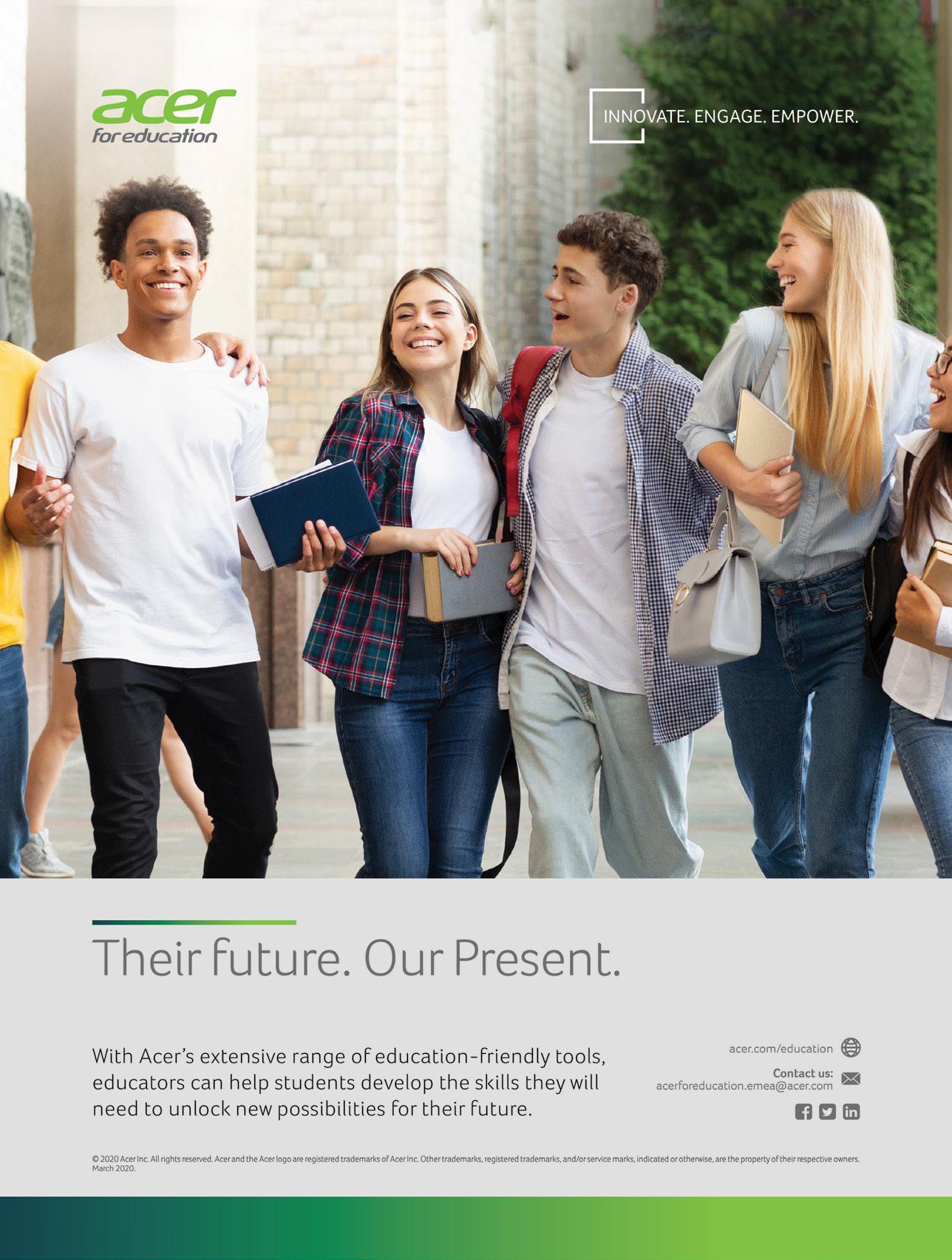
British School of Paris Concord College
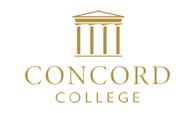
Location: Croissy, France
Keyperson: Nicholas Hammond, Headmaster
How to Apply:
Location: Acton Burnell, England
Keyperson: Dr Michael Truss, Principal
How to Apply:
Website: Website: https://www.britishschool.fr/ https://concordcollegeuk.com/ https://www.britishschool.fr/ admissions/ https://concordcollegeuk.com/ admissions/admissions-overview/

Copperfield International School
Website:
European School Brussels I
Website: https://www.eeb1.com/en/
Location: Bagnes, Switzerland
Keyperson: Oliver Riley, Head of the IB Diploma Programme
How to Apply:
https://www.copperfield.education/ admissions
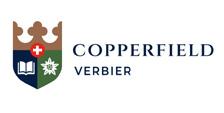
Location: Uccle, Belgium
Keyperson: David Tran, Director
How to Apply:
https://www.eeb1.com/en/enrolments/
International School of Geneva
International School of Stuttgart
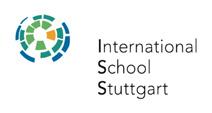
Website:
https://www.copperfield.education/ https://www.ecolint.ch/


Location: Geneva, Switzerland
Keyperson: René Bujard, Chair
How to Apply:
Location: Stuttgart, Germany
Keyperson: Tim Kelley, School Director
How to Apply:
Website: https://www.issev.de/ https://www.ecolint.ch/admissions/ https://www.issev.de/admissions/
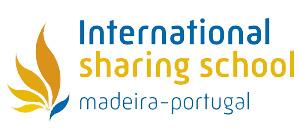
Kings College Madrid
Website: https://admissions.sharingschool.org/
Website:
Location: Porto Salvo, Portugal
Keyperson: Miguel Ladeira Santos, CEO
https://www.madrid-lamoraleja. kingscollegeschools.org/
Location: Madrid, Spain
Keyperson: June Donnan, Headteacher
How to Apply: https://admissions.sharingschool.org/
How to Apply:
https://www.madrid-lamoraleja. kingscollegeschools.org/admissions/
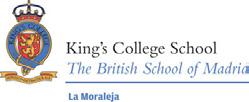
Willowfield School
Munich International School
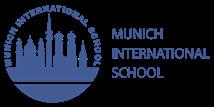
Website: Website:
https://www.mis-munich.de/
Location: Starnberg, Germany
Keyperson: Timothy Thomas, Head of School
How to Apply:
https://www.mis-munich.de/admissions
https://www.willowfield-school.co.uk/

Location: London, England
Keyperson: Clive Rosewell, Headteacher
How to Apply:
https://www.willowfield-school.co.uk/205/ key-information/category/1/admissions
Chat
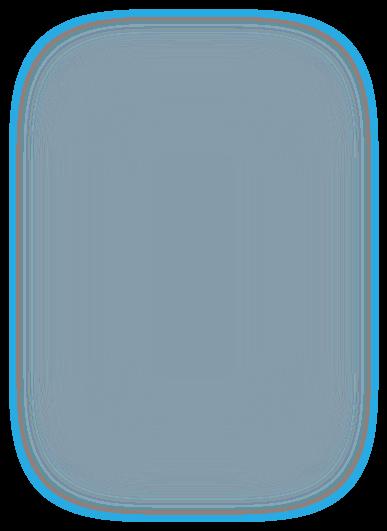









fellow participants The raise hand feature ensures every student has a voice
and beyond
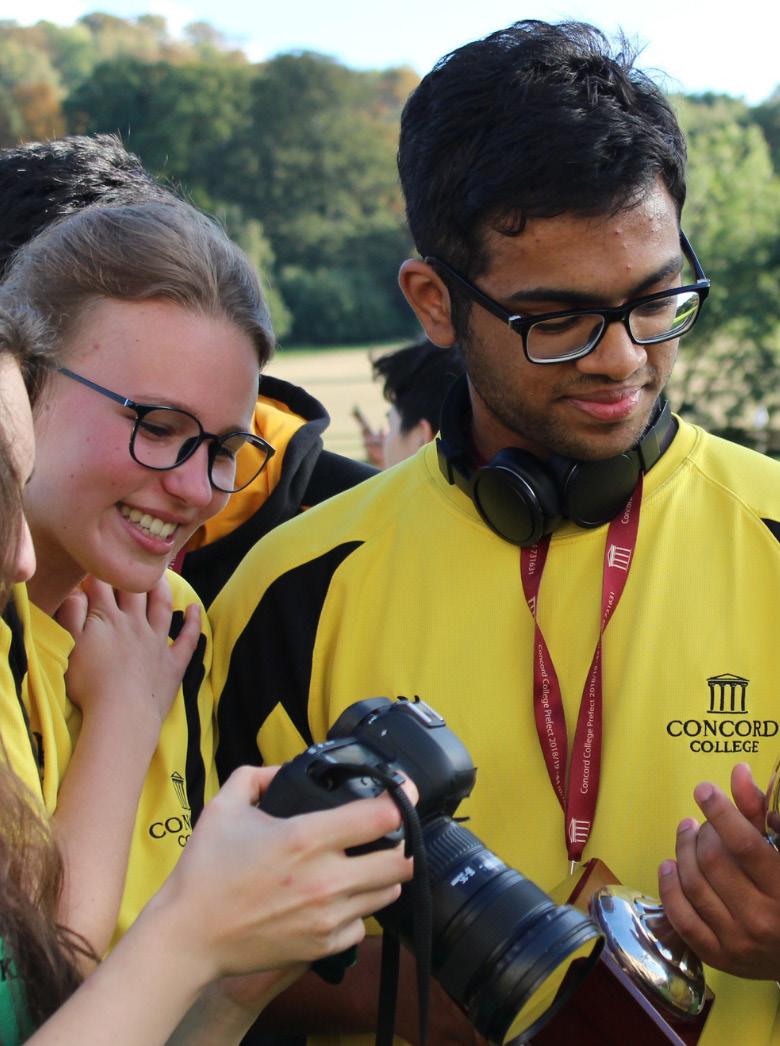
Based in Shropshire, England, Concord College is an award-winning independent international school for day and boarding students. The College is both academically selective and adaptable to students’ own background in the selection. It is also holistic, ensuring that students are nurtured as whole individuals. Girls and boys between the ages of 13 and 18 from around the world are embraced into Concord’s vibrant and varied community dedicated to rigour, kindness, and creativity.
“Our academic standards are unashamedly high: Concord students love to learn and are ambitious for their futures. Here they can pursue their dreams in a safe, calm and supportive place where ideas can be shared and inquisitiveness and independence of thought are celebrated. Our students’ hard


The outstanding academic achievement of the students is what attracts many parents to Concord. However, it is the supportive and nurturing community that encourages students to return after they have left
work is rewarded with outstanding GCSE and A-Level results, and Concord ranks highly in UK school league tables annually. More importantly, however, Concordians go on from here equipped to thrive at the best universities in the UK and worldwide,” shares Dr Michael Truss, Principal of Concord College.
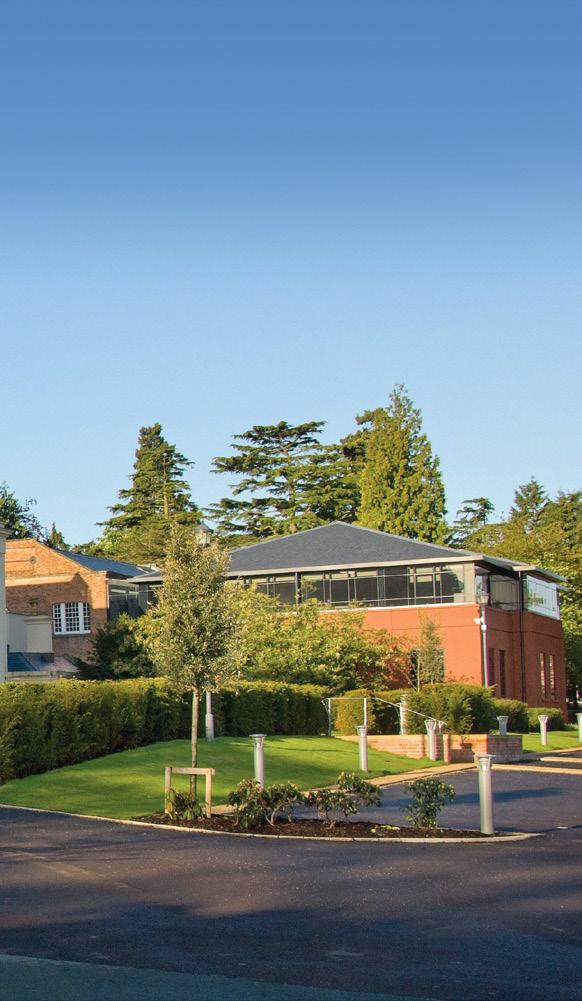
Concord College is spread across 73 acres of lush green and serene campus adjacent to Acton Burnell Castle, offering a perfect backdrop for an international community of like-minded people to study and grow. The campus houses a new 22-laboratory state-of-the-art science building, the Hawkins Building, including a special projects lab. Also, it has group discussion / social spaces and a range of interactive science exhibits. There are bright, well-equipped, and inspiring studio spaces for Concord’s Art students, allowing their creative potential to be supported by experienced staff and students to produce exceptional work.
The historic Main Hall (Acton Burnell Hall) houses the Principal’s office and the offices of many of the Senior Management Team. It is home to two grand pianos in public spaces where students practice or play for fun to share their musical talents with the College. In the Jubilee Block, there is a modern, wellequipped, purpose-built library comprising books, periodicals, and digital materials and places for both silent and collaborative work for all the different study needs of Concord’s students and their courses.
Apart from this, there are two sports halls, two gyms (weights/resistance and cardio), a swimming pool, squash courts, tennis, badminton and basketball courts, and an athletics track. Additionally, there are beautifully maintained soccer pitches, a climbing wall and a high-ropes assault course. The modern theatre building, Morris Building, provides a hub for the performing arts, housing the main theatre, classrooms, and practice spaces. It is also home to the Music School, with individual
and group practice spaces and a superb recording studio. Furthermore, students can access popular purpose-built social spaces such as the “West End” common room, an outdoor amphitheatre, and the student kitchen.
Concord College has a highly capable faculty of professionals who have a true enthusiasm for their subjects and many of whom hold advanced degrees in their relevant fields of interest. They are dedicated individuals who combine academic theory with real-life industry knowledge, providing quality learning experiences and sharing their knowledge with the students.
Regarding teacher professional development, Concord College supports and encourages its faculty to further enhance their skills and experience.
Concord College is a uniquely joyful place and creative school where young people can pursue their studies in an atmosphere where academic success is celebrated. They live and learn in a diverse, vibrant, truly international community supported by outstanding academic and pastoral staff. They have daily opportunities through Concord’s extensive co-curricular, sporting, arts, social and cultural programmes to develop
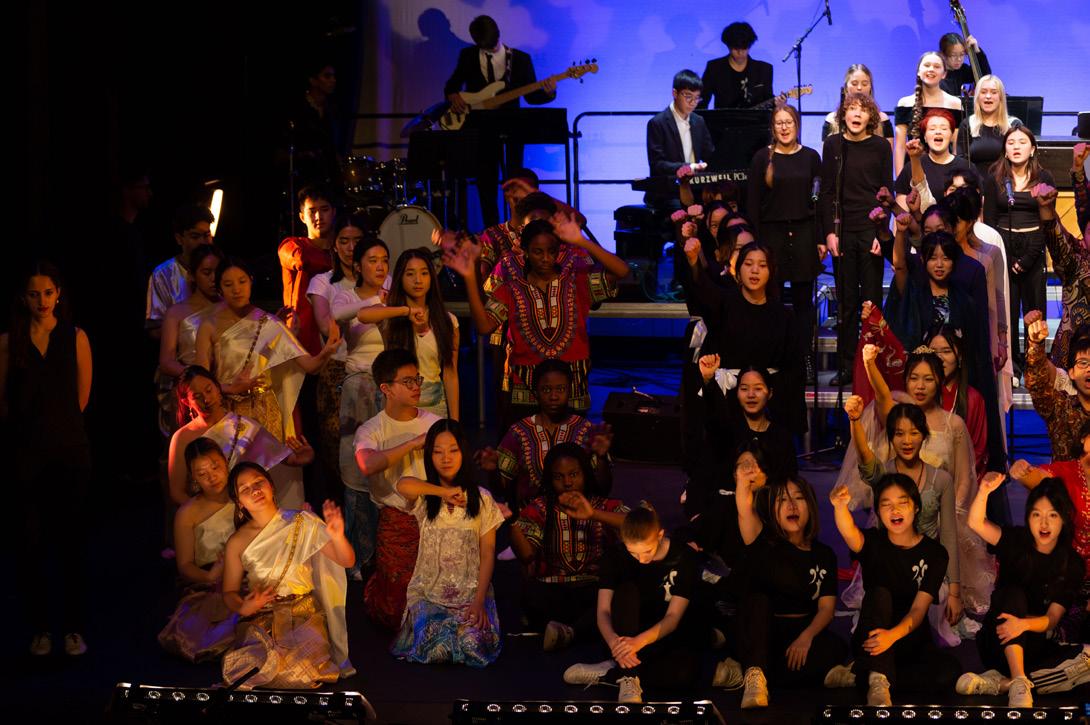
important communication, teamwork, and social responsibility skills.
Furthermore, excellent results allow Concordians to continue to access the very best opportunities when they move on to the next stage of their lives. “The result is that Concordians are overwhelmingly confident, empathetic, respectful, and tolerant. Most importantly, it means they are happy: you will find many smiling faces here,” shares Dr Michael Truss, Principal of Concord College.
At Concord College, creativity is given importance in every subject, from performing

arts and traditionally creative subjects to problemsolving in science and mathematics. Moreover, through Concord’s super-curriculum of activities, clubs and clinics, students are encouraged to explore their studies beyond the syllabus to enhance their breadth and depth of understanding and develop their creative and critical thinking skills. By following their academic interests, students begin to appreciate that learning is a process over which they take ownership rather than something which is ‘done to them.’
Likewise, Concord’s Art School offers a tranquil yet hardworking environment where students are encouraged to explore their creative potential and develop the ability to communicate
Girls and boys between the ages of 13 and 18 enjoy fabulous facilities on Concord College’s safe 73acre campus set in the heart of the English countryside
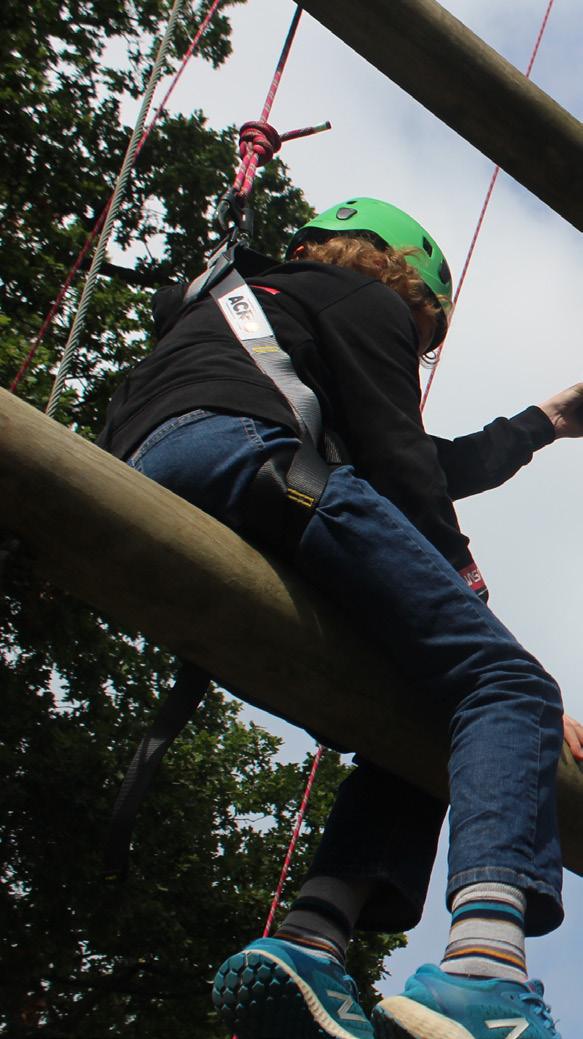
their ideas and ultimately succeed in the creative industries and beyond. Similarly, music plays a central role in the life of the school. Every year, Concord College hosts a concerto competition for young musicians and numerous concert nights, many of which its students lead. Concord’s Concerto Competition 2023 was conducted in March 2023. The Music Department presented top instrumentalists from across the county with the unique opportunity to perform a movement from a concerto with an orchestra.
Since most students are from outside the UK, Concord College has a wealth of experience in helping families support their children at
a distance. The results of the weekly tests that students sit are made available to parents so that they stay just as much in the loop academically as if they were at home. There are dedicated boarding parents who focus on providing boarders with the emotional and practical support they need when they are away from home and liaise between home and school. Similarly, many major school events are videoed, live-streamed, or made available afterwards so parents can share them.
Moreover, Concord College also offers support to students via Heads of Year in the Lower School and its House system in the Upper School. If parents are visiting from overseas, the College can specially arrange a weekend exeat for the students.
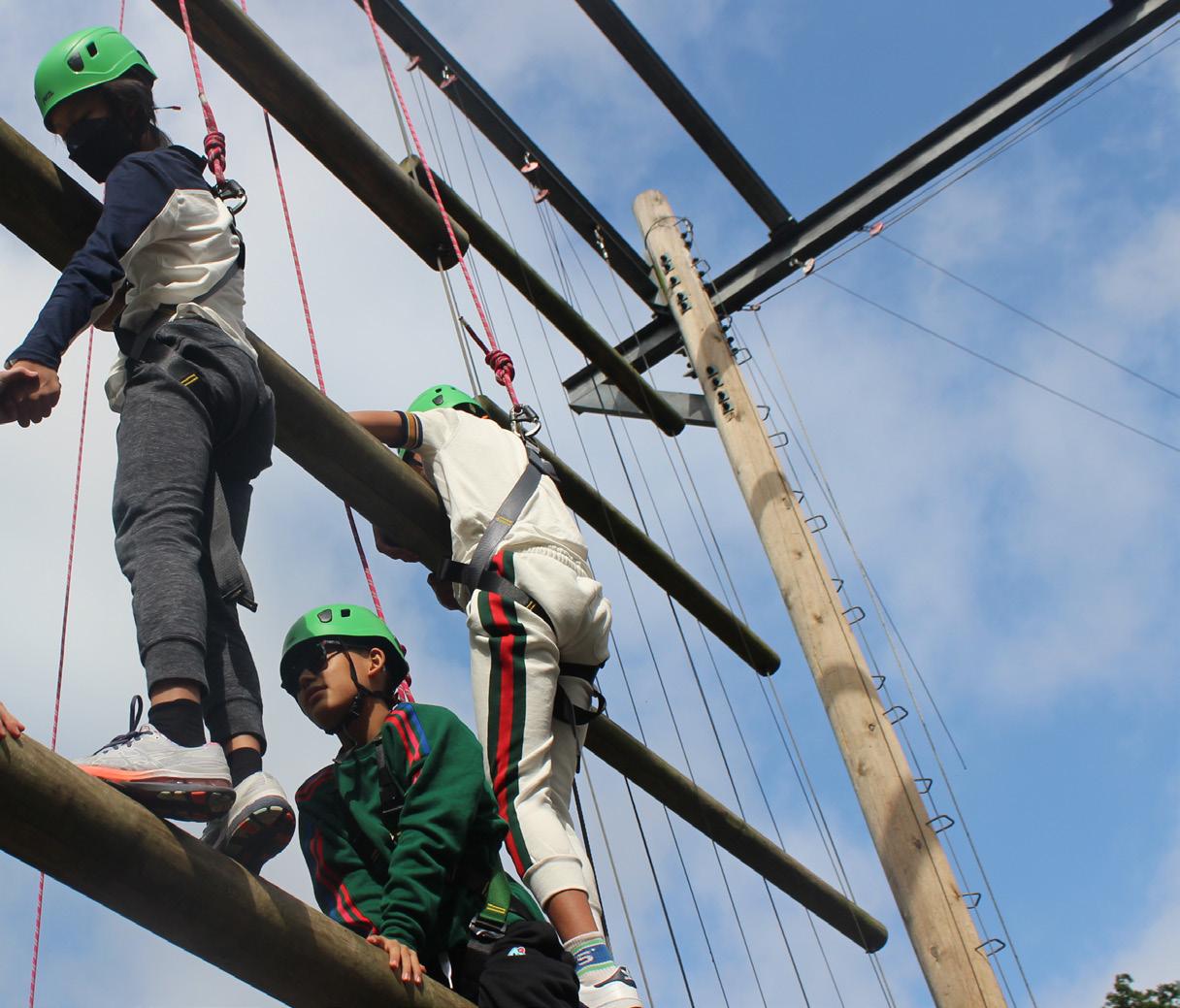
In 2022, 81% of A-level grades were A*/A, and with 136 students getting AAA or better (60 A*A*A* or higher), students left Concord
bound for some of the world’s top universities. Last year’s leavers headed to Cambridge, Oxford, and UCL; others are now attending Imperial College London, the LSE and King’s College London. Outside of Oxford, Cambridge and London, students are going to St Andrews in Scotland, Manchester, Edinburgh, Bristol, Southampton, and Warwick, to name a few. Similarly, Concord College has a solid record of placing students into Engineering, Economics and Maths courses along with Medicine. In
2022, 29 students gained places at medical, dental, and veterinary schools.
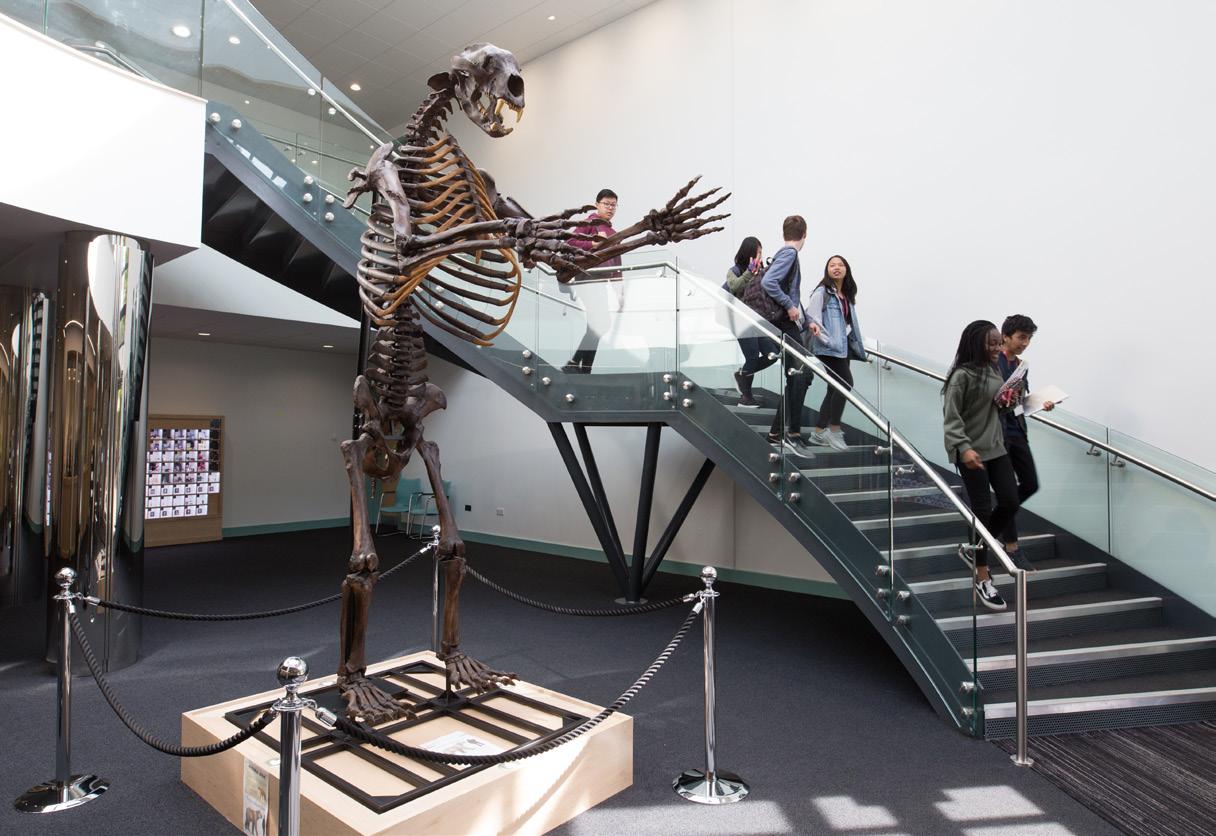
In order to secure these top university destinations, students need valuable contact time with staff that have the necessary knowledge and expertise. A team of dedicated university coordinators provide support for specific degree subject areas such as Law, Engineering, Architecture and Health Sciences. There is a school wide Student Futures programme, which includes careers advice and annual events such as
Futures February, when the college’s university support is introduced, and Pre-University Week in June, focussing on applications, admissions tests and interview skills. The provision is truly global in nature, with staff assigned to give oneto-one support on applications to the USA, Hong Kong and Europe. However, the college also realises the importance of drawing on external experiences and expertise. Every year the college takes students to visit UK Universities, including, this year, Cambridge, Oxford, Warwick and
Birmingham. Universities also come to the college and representatives of many medical schools attend the college’s annual Medical Futures Conference to advise students. The college’s widening alumni network provide another valuable resource and help students to choose undergraduate courses, prepare university applications and secure relevant work experience.
Over 80% of Concord College’s 40 or so nationalities students are boarders. The College becomes a home away from home for
international students with the potential to study hard but also to enjoy their time and use Concord’s many facilities to develop as rounded individuals. In addition, a vast array of activities, clubs and societies are available at Concord as are opportunities for rest and relaxation around the school and in the boarding residences. All of this is within a walk or a short-cycle ride for students, meaning they can make the best use of their time within a safe and healthy environment.
Another tangible benefit of boarding life at Concord College is the sense of belonging. Students and staff live alongside each other in an atmosphere of mutual respect and learn from each other in this safe and beautiful environment. Therefore, boarding at Concord often leads students to forge friendships that can last a lifetime.
Students at Concord College (known as Concordians) regularly enter national and international competitions to test their skills and understanding against a wider cohort. Recently, Concord students have participated in Mathematics, Biology, Chemistry, Physics, Economics, History and Philosophy competitions with many notable successes. In 2022, a team of 6.2 students were awarded First Place in the ‘Science at Heart and Lung School Teams Prize’, a competition hosted by the National Lung and Heart Institute at Imperial College London. Concord students also won 55 gold certificates in Senior Maths Challenge, and one F5 (y11) student won his second British Mathematical Olympiad gold medal with a perfect score placing him at the joint top in the country.
Safety is a key element of life for students at Concord. The college has a large number of senior staff, teachers and support staff living in and around the campus
Outdoor education is an important element of the educational curriculum here at Concord, as the school believes that it is good to challenge students physically and mentally in an environment outside the formal academic curriculum
Likewise, one of Concord’s sixth form students is an ambassador for the Duke of Edinburgh award scheme – he is one of just 30 young people in the country working with DofE to promote and develop the scheme.
In February 2023, for the twelfth consecutive year, Concord won an award recognising the College as one of the country’s top five co-educational boarding schools by Best Schools in the category for Independent Coeducational Boarding Schools by A Level. Moreover, Concord was consecutively awarded a Microsoft Showcase School status for two years (2021-22 & 202223), having graduated from Microsoft’s Incubator Programme. The College was also a finalist in the Independent Schools of The
Year awards in 2021 for its innovative and effective Student Careers Programme. It was a Sunday Times Schools Guide 2021 Top 20 Independent Secondary School and was a finalist in the European School category in the Study Travel Secondary School Awards 2022. Concord College is a member of the Boarding Schools Association, Society of Heads, and Independent Schools Council and is an ESU oracy affiliate school. It is also a member of the Cyber Resilience Centre for the West Midlands.
As a world-class institution, Concord College will continue to strive for excellence without compromising its ethical values of the importance of kindness or its academic standards to become a world leader in the education of bright children.
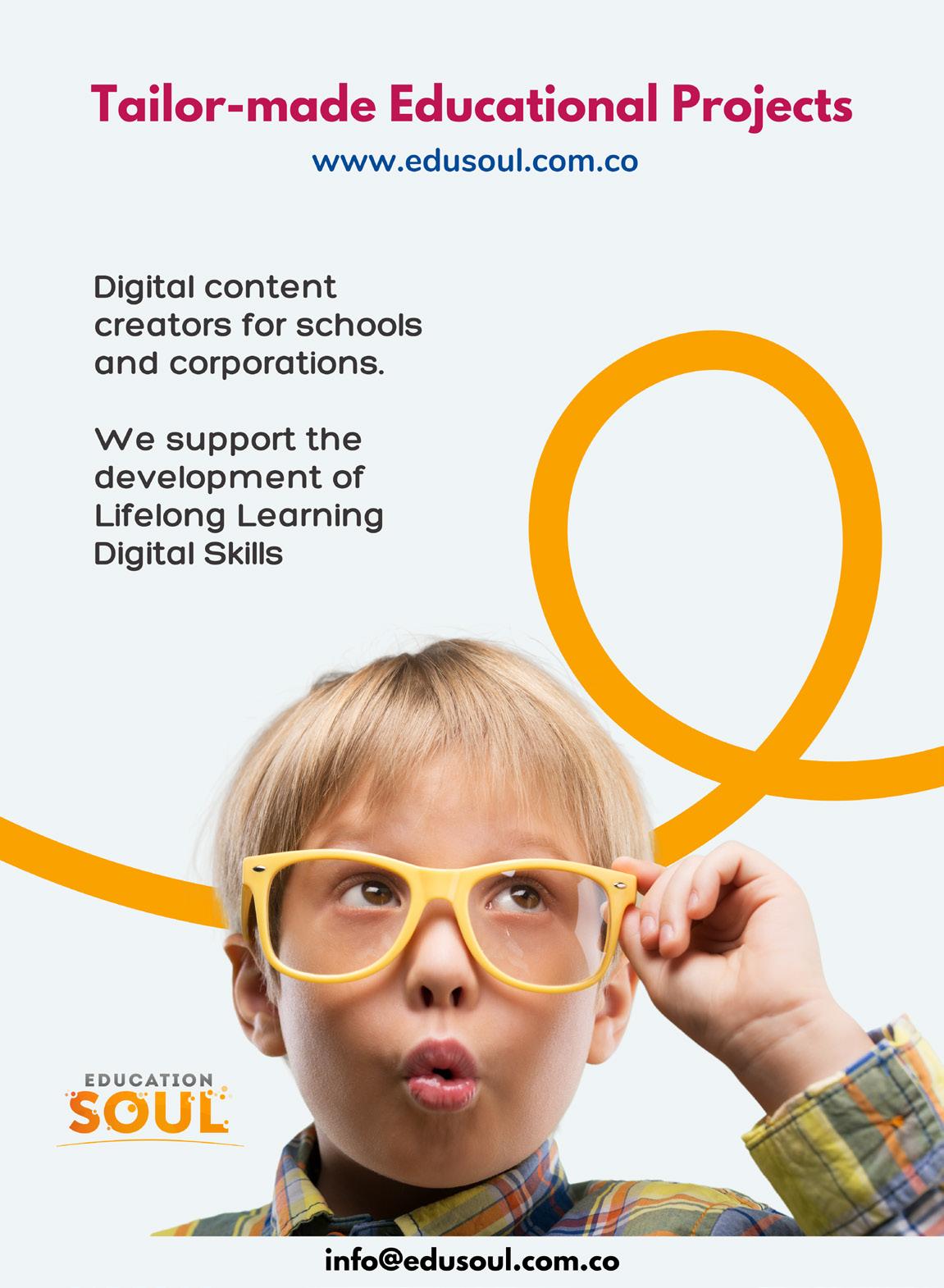
Helping students understand the value in a broad and disparate field of studies could be the winning edge for innovation. In particular, thinking like a polymath to link skill sets and ‘cross-pollinate’ across the academic divide of Arts, Sciences, and Mathematics, can have profound benefits.
In this highly connected and competitive world, it’s easy to believe that specialisation and laser focus is required to be a master of
a field or gain recognition. Sure, great focus and specialisation often leads to mastery but to standout and advance in this world our students need to innovate and push boundaries into un-explored territory. Recent appraisal of the most impactful scientific studies of the last century found that the majority were completed by multidisciplinary teams that created links across different fields of studies[]. Students need to link and synthesise. That’s where polymathy comes in.
Polymathy can be broken down into its components and exercised. Broadly speaking, a polymath must exercise the three components of breadth, depth, and integration
Ryan J. Brown is an Interdisciplinary Educator/ Writer and Director of Music and the Performing Arts at an international school in the UAE. He has taught professionally in a range of subjects, using concepts of each to inform the others, constantly striving to share the interconnected aspects of these fields. He believes we are lifelong learners and, whether we realise it or not, constantly thirst to know more. Follow his writing and quest for polymathy on his website or twitter.
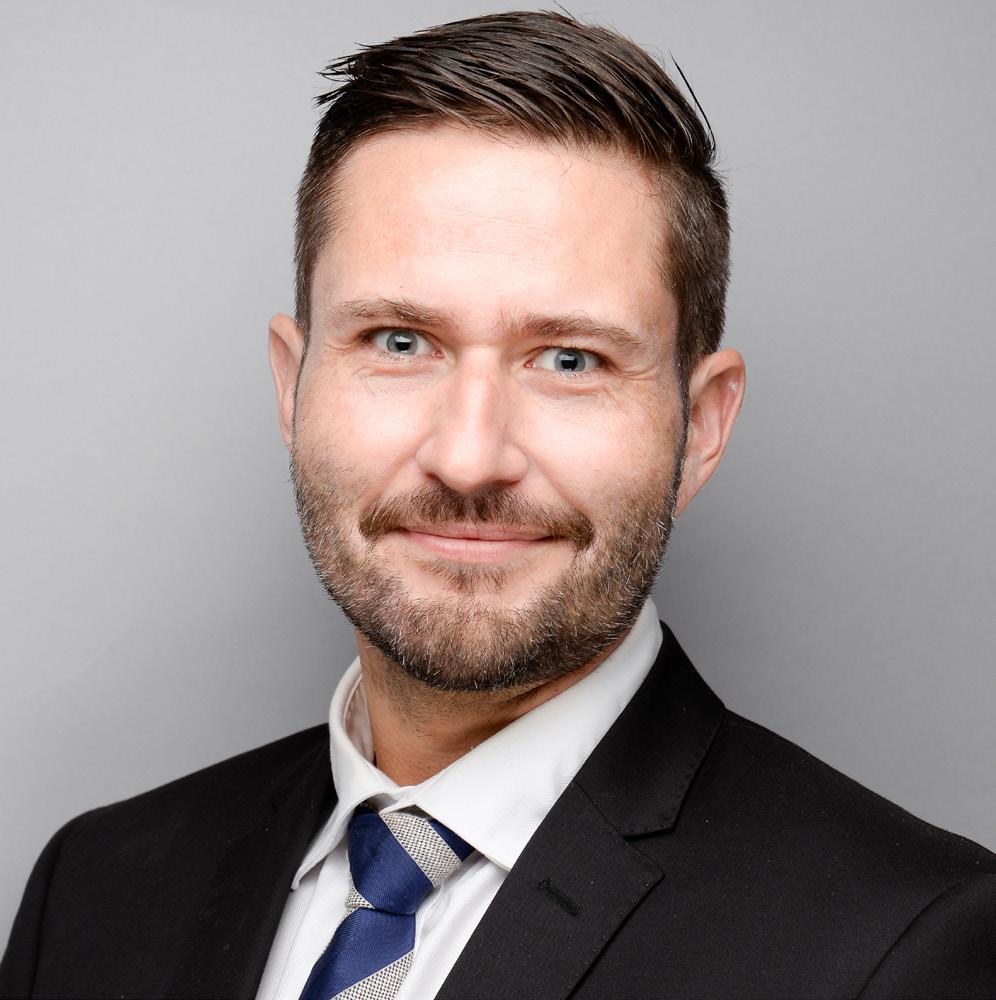
To varying degrees, schools and parents alike are of guilty of funnelling students into a specialty. Every time I hear something like, “I have to drop the school musical so I can study for chemistry,” I shudder. While there are obvious benefits to a student focussing on subjects in which they ‘need’ to succeed, they’re missing out on the benefits that can be gained from being well-versed in multiple and disparate fields, even if those fields are as different as Poetry and Physics, Art and Maths, or Music and Chemistry.
But don’t you have to be a genius to be a polymath? The classical example of a genius ‘Renaissance Man’ like Leonardo Da Vinci is so far removed from modern times that we often fail to realise that the potential for such capacity lies within our students. Da Vinci was human, like you and me.
Polymathy can be broken down into its components and exercised. Broadly speaking, a polymath must exercise the three components of breadth, depth, and integration. It’s the component of integration that makes becoming

a polymath more achievable. There is much to be explored in the components of breadth, depth, and integration, but this is outside the scope of this article.
The first thing you’re going to think about it your school’s STEAM program, but the polymath approach is more entrenched in daily life and learning experiences. Being a polymath is a life project, and those who do think like
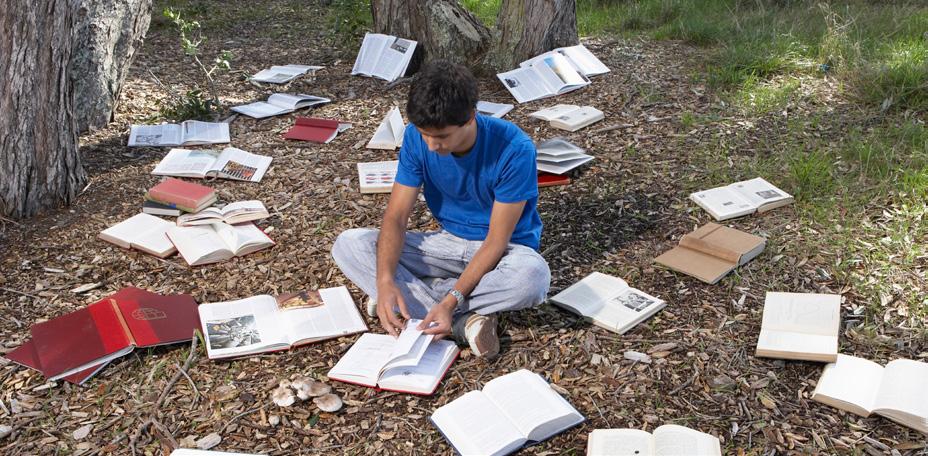
one tend to place value on two principals: the development of knowledge-rich consciousness and to use their faculties to enhance or transform the world2.
Gone are the days of thinking ‘Thinking like a Scientist’ or ‘Thinking like an Artist’; they’re almost identical. In research spanning 25 years,
Forget this ‘smartest person in the room mentality,’ everyone hates that guy. What truly impresses and engages people is someone who can hold a discourse in a range of topics, in particular, the top that they are interested in
Bernice Eiduson of UCLA explicitly investigated the psychological profiles of professionals from various fields. She found that, they were distinct from others in the test group, the psychological profiles of Scientists and Artists could not be distinguished from each other. Why? Both groups shared these key traits: they had diverse intellectual interests, extravagant fantasies, were very responsive to sensory experiences, and strived to find diverse ways to express these experiences[].
Proof is in the Petri Dish (and concert hall) Hilary Kaprowski, virologist, and creator of the world’s first polio vaccine was also an accomplished composer, arranging performances and recordings of his works, often taking time out from his research to do so.
Pasteur’s scientific work goes beyond pasteurization. Before the groundbreaking work on vaccines and microbial fermentation, he was portrait artist, and a very talented one. At 13 his mother asked him to paint her portrait and from there his interest and talent grew. He painted stunning and bold portraits of his friends and family, the collection of which you can view here.
Carl Jung’s artistic output was so prolific it could be compared to his output of psychoanalytical work. He described his engagement in art as a necessary “right of entry” into his scientific work2.
Physics Laureate Werner Heisenberg, whose work in quantum mechanics and atomic particles changed the course of history, was also an accomplished pianist. It was the complex patterns and structures of music that first intrigued the young Heisenberg before those of quantum mechanics did. All these scientists were benefiting from the skills of a polymath.
If creativity is the application of multiple sets of knowledge in unique ways to achieve novel results, one must engage in some degree of the polymathic components of breadth, depth, and integration of knowledge to demonstrate creativity
1. Innovation. Research has shown that the most impactful scientific studies were executed by teams with diverse fields of experience. This research also found that, while 90% of their citations were from resources in their field, the remaining 10% were from fields normally considered completely unrelated. If creativity is the application of multiple sets of knowledge in unique ways to achieve novel results, one must engage in some degree of the polymathic components of breadth, depth, and integration of knowledge to demonstrate creativity.
2. Complex tasks require a multidisciplinary approach. Think about all the different skills or knowledge that goes into the design and construction of a major building or bridge. Because their brains need to delve into new and diverse fields regularly, polymaths may often have better faculties to improve productivity, efficiency, creativity, and resource management.
3. Non-bias. Bias is hard to avoid, no matter who you are, but research has found that those engaged or advanced in a numbers of fields (polymaths) are more open to differing perspectives, new ideas and approaches to problems. On the other hand, specialists in one field tend to follow typically engage in groupthink. As Aristotle said, “It’s the mark of an educated mind to be able to entertain a thought without accepting it.”
4. Contentment. Polymaths, who get to engage on a range of different of different subjects and skills sets are constantly stimulated and challenged. Variety is the spice of life, of course, but it goes deeper. When there’s always new
project that piques your interest, you’re never stuck in a rut or bored. For this reason, polymaths often have extended motivation, their willingness to expend effort is constantly renewed by pursuing meaningful objectives3.
5. Interpersonal/social skills. Forget this ‘smartest person in the room mentality,’ everyone hates that guy. What truly impresses and engages people is someone who can hold a discourse in a range of topics, in particular, the top that they are interested in. Polymaths are more likely to know enough about that field to have a great conversation without dominating it.
Now more than ever we need our students to have a diverse and adaptable skillset. Jobs are becoming more multi-faceted and work itself is moving towards more of a ‘gig economy’. Our students will need to draw on a wide range of fields and skills in order be successful in the jobs of the future.
Imagine how far our students could take their scientific inquiry if they were also able to regularly exercise their creative cognitive processes through their artistic endeavours or expand their knowledge sets dramatically using the breadth, depth, and integration. These are the approaches that make discoveries, create new ideas, fresh art and, if not the course of history, the course of a young person’s life.
We need to stop thinking about the idea of being a Poymath as something only geniuses can achieve, to a learning and lifestyle approach that values all fields of human knowledge and the links between them. Let’s show our students that being skilled in disparate fields is not only highly valuable, but achievable by many.
Astudy by Van den Hurk et al. (2019) found that three types of factors impact students’ interest in and persistence in STEM education: environmental factors, student-level factors, and school-level factors.
Teachers play a significant role in implementing STEM in the classroom, and it’s important for schools and educational authorities to support them. This includes building teachers’ awareness of STEM and providing adequate training and CPD.
In this article, I will explore where CPD should be focused to develop the school-level factors of instruction, skills, and technology in 2023.
The most common approach to STEM education can lead to students viewing the subjects as separate, distinct, and irrelevant to their lives, rather than seeing the
Alex Gray is a resident of Dubai, holding a master’s degree in education and serving as the Head of Science at a Dubai British School. In addition to his professional achievements, Alex is a talented speaker and author, known for creating engaging and informative content. Whether through social media or conferences, Alex is dedicated to sharing his knowledge and passion for education with others.
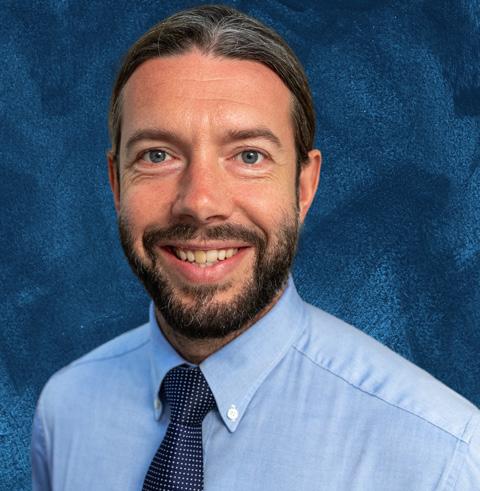
interconnections and real-world applications (Nadelson & Seifert, 2017; WEF, 2017). This brings me to my first focal point, instruction. To integrate these subjects, teachers need to know how to use inquiry-based learning, problem based learning, and the engineer design
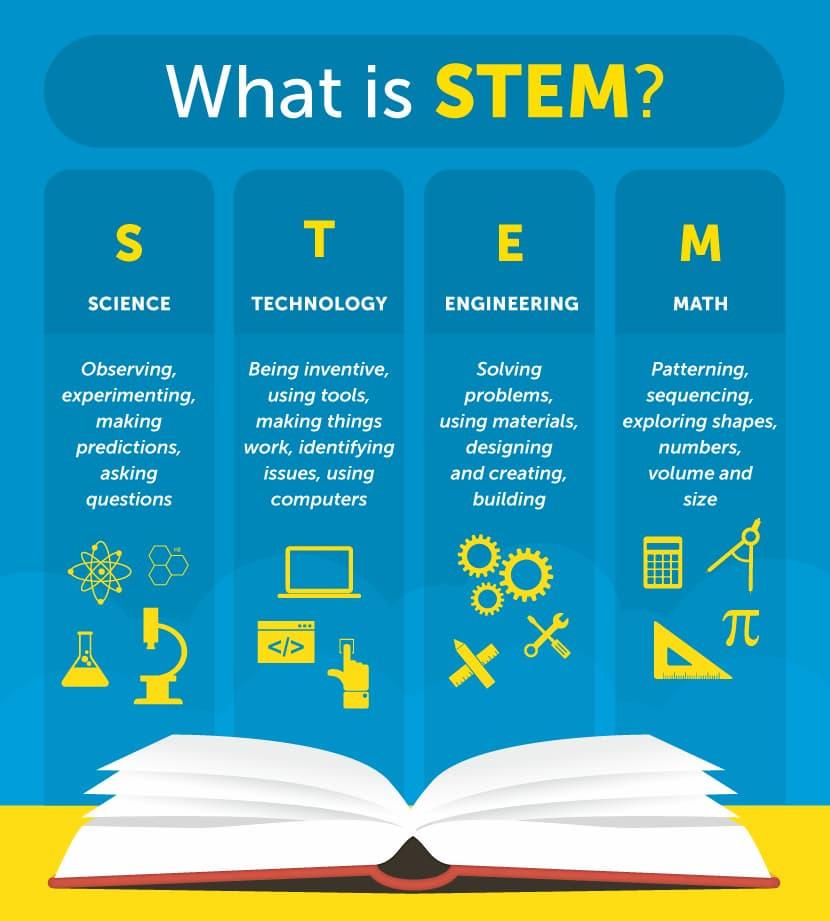
process. Teachers may not have access to what the best practice of this looks like, so here is how I would go about deepening their knowledge:
1. Provide outlines on the instructional strategy.
2. Provide teachers with the time to cooperatively plan using these strategies.
3. Observe each other using these strategies. Try to video the lesson so they can feedback and help coach each other.
4. Make it regular and consistent so that it can be sustainable.

Any subject area can be adapted to use these instructional methods, with the benefit being students will engage in group work, research, and decision making, allowing them to develop important skills
such as collaboration, problem solving, and communication.
This brings me to my second focal point, skills. The multitude of variations of STEM highlights the struggle to define its identity. There is STEM, STEMC, STEAM, and STREAM.
When everything in the curriculum is important, teachers become confused about the relevance and balance of content and forget about the purpose, which in my opinion, is the skills.
The most common approach to STEM education can lead to students viewing the subjects as separate, distinct, and irrelevant to their lives, rather than seeing the interconnections and real-world applications
I started with this infographic as it simplified the skills for each component and helped me plan the ‘why’ and ‘how’ of my lessons.
https://stemeduc.com/what-is-stem/
Identifying the skills, no matter how many, will always be the starting point. These will look and come in a variety of ways, and much like my recommendations above, will take time and reflection to successfully embed.
Above are two examples from my own lessons on the topic of food security. Having image anchors (an external stimulus to trigger an internal response) helps students navigate the thinking process as well as helping me to guide my questions. To introduce and incorporate these techniques into your scheme, Harvard’s Project Zero provides numerous activities and explanations in visible thinking routines.
Visible thinking routines are integral to the development of the “4 Cs”: critical thinking, creativity, communication, and collaboration. Structured strategies are used to make thinking
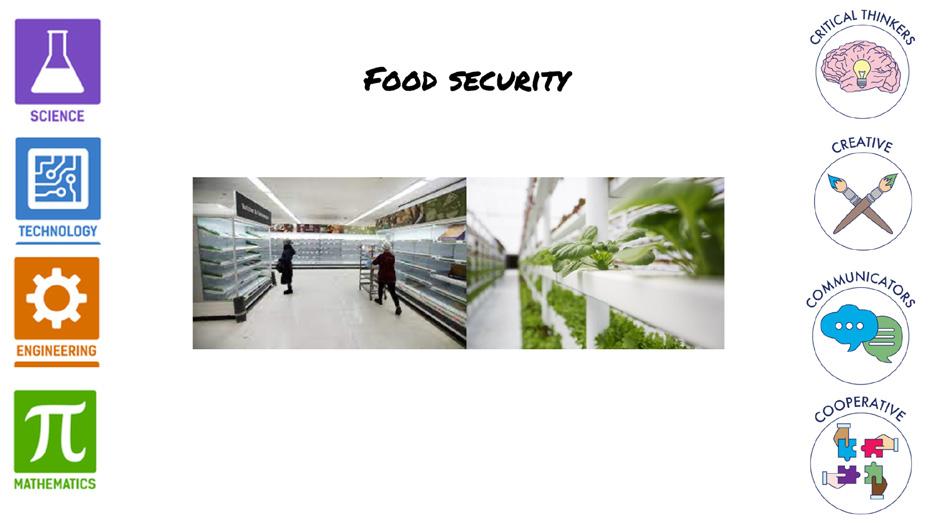
Visible thinking routines are integral to the development of the “4 Cs”: critical thinking, creativity, communication, and collaboration
processes visible, explicit, and shareable. This common language and framework can help students analyse and assess material in an organised way, while additionally allowing individuals to create new ideas and points of view. Sharing and discussing thoughts with others bolsters communication skills; oral or non-verbal. Such routines also allow learners to work cohesively: they can exchange their perspectives, ask questions, collaborate together and make decisions as a group. Ultimately, visible thinking routines promote deep learning by bolstering the 4 Cs which prepares learners for 21st century success.
To understand how teachers incorporate STEM education in the classroom, researchers from Moore et al. (2014) conducted an in-depth review and from their findings, created a six-point framework for quality K-12 STEM education. This framework includes strategies such as engaging lessons and incorporating the engineering design. It notably mentions maths and science content, however, states nothing about technology. That brings me to my third focal point, technology.
The role of the T in STEM is often hard to pinpoint, so it’s up to STEM teachers to decide what part it should play in their lessons. To make sure that students are set up for success in their STEM careers while also gaining 21st-century skills, authentic engagement with STEM activities is essential (Honey et al., 2014). This calls for tasks where learners use tools and technologies related to STEM (Bell & Bull, 2008; Guzey & Roehrig, 2009; McCrory, 2008; Niess, 2005; Novak & Krajick, 2004).
Teachers need CPD programs to become knowledgeable and skilled in the use of these specific technologies. These programs should involve hands-on experience with the technology
tools and software, as well as access to industry professionals to gain insight into how these skills are applied in real-world settings.
If I were constructing the program, I would incorporate the following:
1. Coding - Applications such as Scratch and Tynker involve coding - a foundational skill for modern computing.
2. CAD - Tinkercad; an easy-to-use, free 3D computer aided design (CAD) program. It enables users to quickly create, modify and share 3D models.
3. Media editing - I would be looking at the Adobe suite, but there are plenty of applications available with CapCut being very popular at the moment.
4. Robotics - This may be country specific, but I would look at the LEGO learning system.
5. Data loggers - check with your science department on what they have and how to use them.
This is not an exhaustive selection, however it will give you the opportunity to become familiar with and master the program, while also allowing you to consider how it can be applied within classes to expand upon the 21st-century skills mentioned previously.
As STEM education becomes ever more important in schools, the difficulty of effectively instructing the technology and engineering aspects presents teachers with a challenge. A focus on teacher professional development in the areas of instruction, skills, and technology must be a priority this year. In this way, we can make sure that educators are able to deliver captivating STEM learning opportunities which enhance student creativity and critical thinking, whilst also equipping them to confidently enter and succeed in our rapidly advancing technological society.
Add the words “Why is school so…” into a Google search and the top 5 auto-fill suggestions are: Boring, stressful, useless, depressing, and long. So why is schooling seen as unengaging by the young?
Learning is essential to life. From an early age, children are hard-wired to absorb knowledge and skills from their surroundings and are totally unphased by asking whatever is on their mind –
“Why is water wet?”, “Where do thoughts come from?”, “Why don’t crabs have eyebrows?” Yet as the late American Astronomer observed, Carl Sagan, “you go talk to 12th graders and there’s none of that. They’ve become incurious. Something terrible has happened between kindergarten and 12th grade.”
Searching for the very top percentile of divergent thinkers who can approach problems from many different angles, and do not give up
Somewhere along the line, we’ve taught our children out of problem-solving and looking at the world creatively; core skills that encouraged us all to develop from babies to adults
Carl Morris is the Principal of Carfax College, Oxford, and Co-Founder of The Online School. Carl’s belief in the importance of making education engaging is to inspire a future generation into the world of work and careers they love. As the Principal of Carfax College Oxford, & Head of Carfax Private Tutors globally, Carl oversees student academic programmes, client relationships, training, marketing, promotion, and business development. As CoFounder of The Online School, Carl aims to deliver an online school which will transform the education of students worldwide. Having worked in education for the majority of his professional life, Carl has a wealth of academic experience and is an enthusiastic Science/Maths tutor with a broad range of professional and personal experience. He has supported pupils across all the major curricula and has worked with organisations that provide tuition to underprivileged children, helping them with university applications. Carl graduated from the University of Oxford with a Master’s degree in Chemistry and went on to become an ACA-qualified Chartered Accountant.
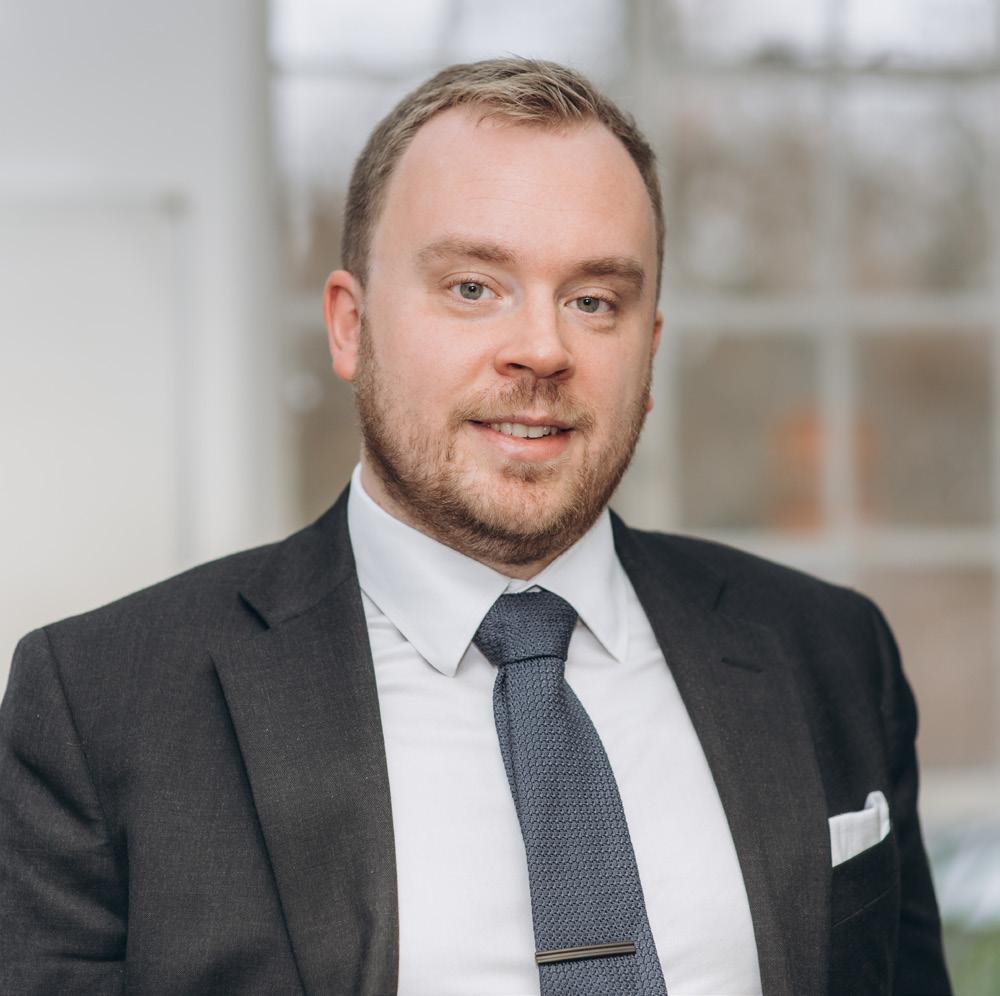
when one path brings them to a dead end, Professor George Land was hired by NASA to create an assessment that tests the creative potential of rocket scientists as part of their recruitment. As the test is not knowledge-specific, Professor Land decided to give it to 5-year-olds to see how they scored. 98% of 5-year-olds scored Genius Level creativity, and the same children 5 years later only 30% reached the same level, another 5 years and we have dropped to 12%. When given to adults, only about 2% reach the ranks of genius creativity. Somewhere along the line, we’ve taught our children out of problemsolving and looking at the world creatively; core skills that encouraged us all to develop from babies to adults.
Whilst adding technology to the classroom can modernise a static education model that’s been known since the industrial revolution, I believe we need much more drastic action. The world is evolving at an accelerating pace, taking baby steps towards a new system, or adding bells and whistles to the system we already have will not be enough and the gap will widen. For most, the purpose of education is to get into a good career, and yet the rigid way we work in schools’ contrasts wildly with the way most adults work in 2023.
For me there are three key areas that could be improved in the school system with the effective use of technology: relevance, flexibility, and accessibility.
There are as many ways to learn as there are people on the planet and expecting every child to conform to a particular way of learning or risk being labelled a disrupter - ironic that being a disruptor in the “real world” is often a fast track to success - may be an efficient way to build a bricks and mortar school, but certainly won’t work for every child.
Data analysts across the globe are shouting about how Generation Alpha consume vast amounts of video content –so let’s get rid of the whiteboards and watch the content they are consuming and give them an education we know they will enjoy delivered in a format we know they will engage and learn from!
Data analysts across the globe are shouting about how Generation Alpha consume vast amounts of video content – so let’s get rid of the whiteboards and watch the content they are consuming and give them an education we know they will enjoy delivered in a format we know they will engage and learn from!
Artificial intelligence tool ChatGPT has shown the world the power of having the world’s knowledge at our fingertips. But search engines & AI don’t work unless we ask good questions – this is what we need to be teaching, and this is what engaged children before we taught them out of their creativity. Let’s get students to research why water is wet?!
Many employers that don’t require employees to be in the office every day have continued offering their teams the flexibility of when and where they work post-pandemic, largely due to the positive effects it has had on productivity and employee wellbeing. A new cottage industry of people renting their homes to nomadic workers kitted out with professional workspaces, and flexible hot desking solutions such as WeWork have even emerged. By contrast, schools haven’t quite adopted this working-from-home mentality, and home-schooling became a taboo word during the pandemic, but when done right schooling on the go opens a world of possibility to both keep students engaged whilst offering the same flexible working their parents are enjoying. At The Online School, we are developing a unique technology-powered hybrid model that detaches the need for schooling to take place in a single geographical location and reimagines the traditional schooling system.
Employers have found that flexible working conditions have a massive positive impact on
their businesses, and I believe that with a change in mindset, parents’ students, and teachers will find the same for education. Online Schools like Minerva Academy and Wolsey Hall are already offering students enormous flexibility in terms of when, how, and what they learn, and companies like Byju’s are even offering hybrid online/offline schooling in India.
A simple webcam and computer screen setup allows us to beam the world’s best educators, and most innovative leaders into every classroom to inspire and engage students. It is true that not every location has stable internet, but studies show that 63.5% of the world’s population now have access to the internet, with this number increasing every year the issue will not be how to get online, but what is being consumed online. The best learning often happens when we get students to discuss amongst themselves – look up Harvard Professor Eric Mazur’s Peer Instruction for a fantastic example of how this can be implemented in a classroom. Interschool networking gives students the opportunity to learn about other cultures from people their own age, teaching students core values of tolerance and respect, as well as seeing problems from new perspectives which all contribute to that divergent thinking – and a potential career as a rocket scientist.
Solving disengagement in schools will require us to diversify our educational offerings to support a wide variety of learning abilities, styles, and interests. Technology is a fantastic tool that can be utilised to make education more relevant, flexible, and accessible – but it requires innovative and creative educators to build it. I hope the next time I search “Why is school so” it is followed by – inspirational.
The Bilingual Education Act of 1968 was the gateway for students of limited English-speaking ability. For the first time, the federal government was accountable to a legal stipulation that provided financial assistance for innovative bilingual programs. I had the opportunity to work for such a program in New York City in 1988; I participated in numerous efforts by the New York City public
schools that provided staffing, staff training, and other innovative projects. Through such a program at the Bilingual Program at James Monroe High School in The Bronx, the legendary Nuyorican poet, Tato Laviera, was invited to read, speak, and perform “poetry in action”. It was during the reading of the poem “Boricua” that I made a heartto-heart personal connection and understood that I needed to construct culturally relevant bridges if I
Furthermore, recently arrived ESL students do not necessarily come academically equipped with the college and career readiness skills required to be college and career ready
Manuel Hernandez is a teacher in Florida who developed an after-school writing club for ESOL students and mentored them as they edited and published a collection of essays about their journeys to the United States. After two consecutive publications, Hernandez helped students align their stories to scholarship prompts. As a result, dozens of students have received scholarships for colleges and in some cases, students received full-ride scholarships.
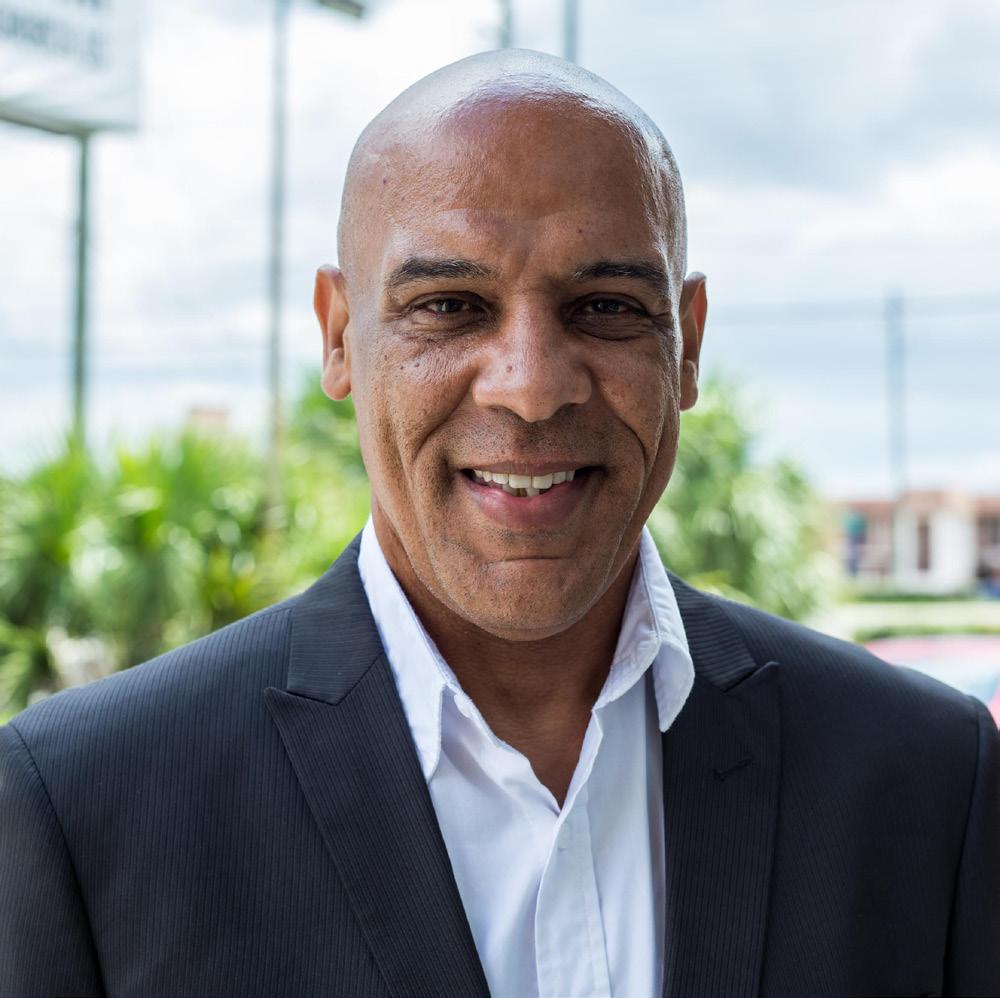
wanted teen immigrant students to walk across the bridge and develop English Language skills. The Bilingual Education Act was amended several times thereafter, but the provisions remained the same: provide access to bilingual programs for children of limited means. Although the law is still intact in “writing and in principle”, the great majority of the legislation has existed in a system of deniability which has preferred to ignore the imminent growth of minority populations in the United States and deny access to the benefits of The Bilingual Education Act of 1968.
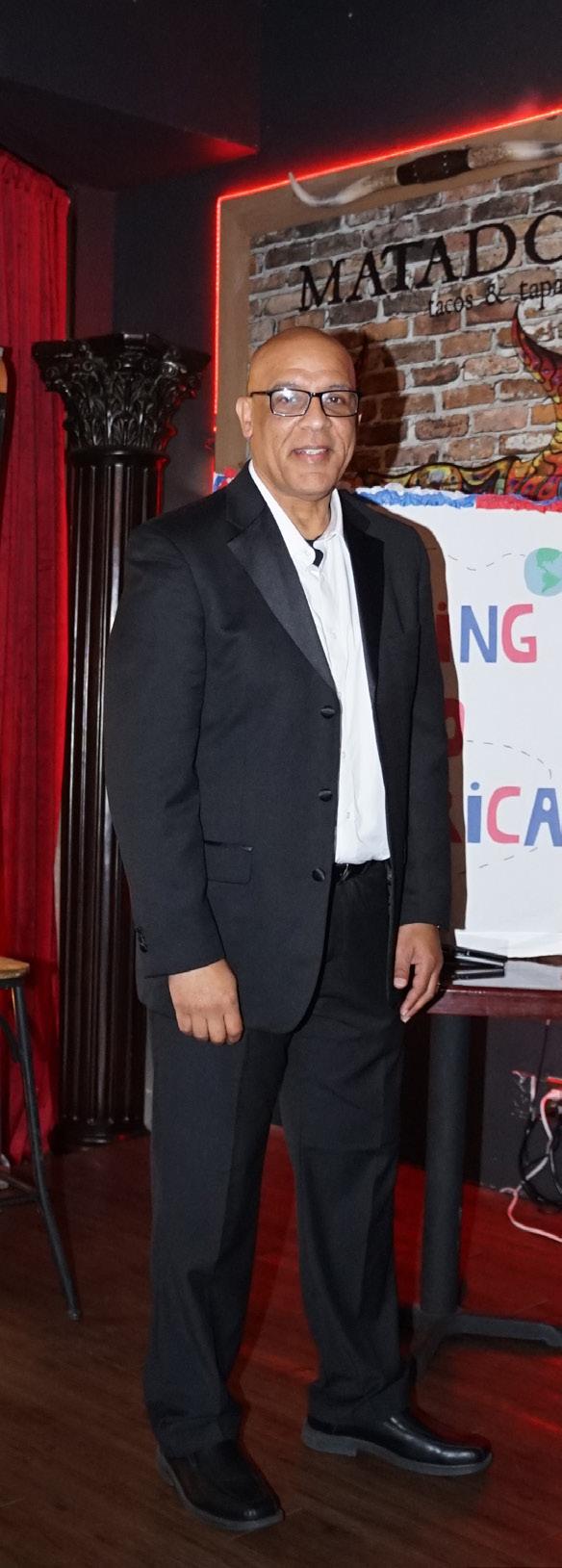
U.S. Census projections, researchers, and scholars alike agree that the current minority population growth is once again at an unprecedented increase rate and will result in a total population shift before or by the midcentury. According to Grace Chen, interracial marriages, and an increased migration shift has changed the demographics of schools (“White Students are Now the Minority in U.S. Public Schools”), and the change surpasses trends and expectations in the public school system. One example is Florida. The minority population in Florida continues to rise each year. There are more than 1,000,000 Puerto Ricans in Central Florida alone. With the current political debacle and economic mayhem in Venezuela, Colombia, and other Central, and South American countries, the numbers are going to continue to increase every year. As a result of the President’s current immigration policies, the numbers of families crossing our borders are astronomical and will continue to escalate for years and decades to come.
Furthermore, recently arrived ESL students do not necessarily come academically equipped with the college and career readiness skills required to be college and career ready. With Bilingual Education programs in many states completely
non-existent, much of the educational strategies used to engage ESL students are contingent on local initiatives. The United States Department of Education was never prepared for the current shift in school demographics. Consequently, millions of recently arrived children are at the mercy of an educational system in plausible deniability of its responsibilities. Some will argue in favor of English Only policies and urge ESL students to adapt and adjust to an educational system primarily built for native speakers of English. Albert Einstein said that “insanity is doing the same thing over and over again and expecting a different result.” With the sudden and unexpected increase of second language learners
in our schools, it is insane to pretend to use “the same” educational strategies designed for native speakers of the language with students who arrived with a different set of cultural values.
Throughout my close to the four-decade experience in two different states (New York and Florida) and one U. S. territory (Puerto Rico), I have personally lived the ambiguity and incongruity in which these educational systems establish, implement, and operate second language learning policies. In Florida, a thirty-plus-year Consent Decree is still using the same procedures it recommended for students in 1990. How can we completely understand the often-challenging realities (linguistic, cultural, and racial) of the
As stakeholders in education, we can encourage hope, along with healing and self-advocacy, through the opportunities we provide to students
students who relocate to the United States? How can English language skills be used not only to center these realities but also to challenge and reclaim the narratives of oppression that can inform them? Zeus Leonardo, in his book Race Frameworks: A Multidimensional Theory of Racism and Education, notes that “if people of color have represented anything in the history of race relations, it is hope” (165). As stakeholders in education, we can encourage hope, along with healing and self-advocacy, through the opportunities we provide to students.
As we continue to navigate through the 21st century, more and more communities are going to continue to look and be more culturally diverse. Corporations and entrepreneurs have recognized the growing economic power of minorities in the United States. It is undeniable! However,
the educational system which serves them is stagnant. It took Nelson Mandela twenty-seven years to understand that “apartheid” could not be met with the same force he was fighting. The acclaimed Laviera said it best in his poem titled, “Fighting”. In the poem, he shouts in the first four verses: “ceased to be physical when I realized my natural potential for dealing with institutions on their own word and logic turf…” (la carreta made a u-turn, p.31). You can’t grow without an education. You can’t fight without an education. Keeping a great minority quiet is what keeps a small majority in power and with total access to the country’s institutions. Ultimately, it is really not about what they can do, but it is what all of us can do to “deal with institutions on their own word and natural turf”.
Keeping a great minority quiet is what keeps a small majority in power and with total access to the country’s institutions
